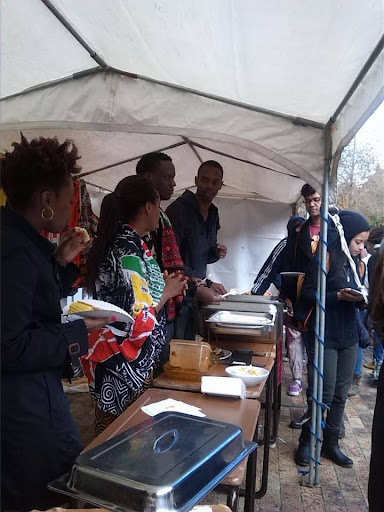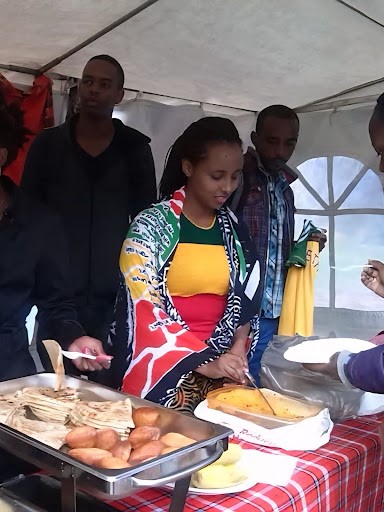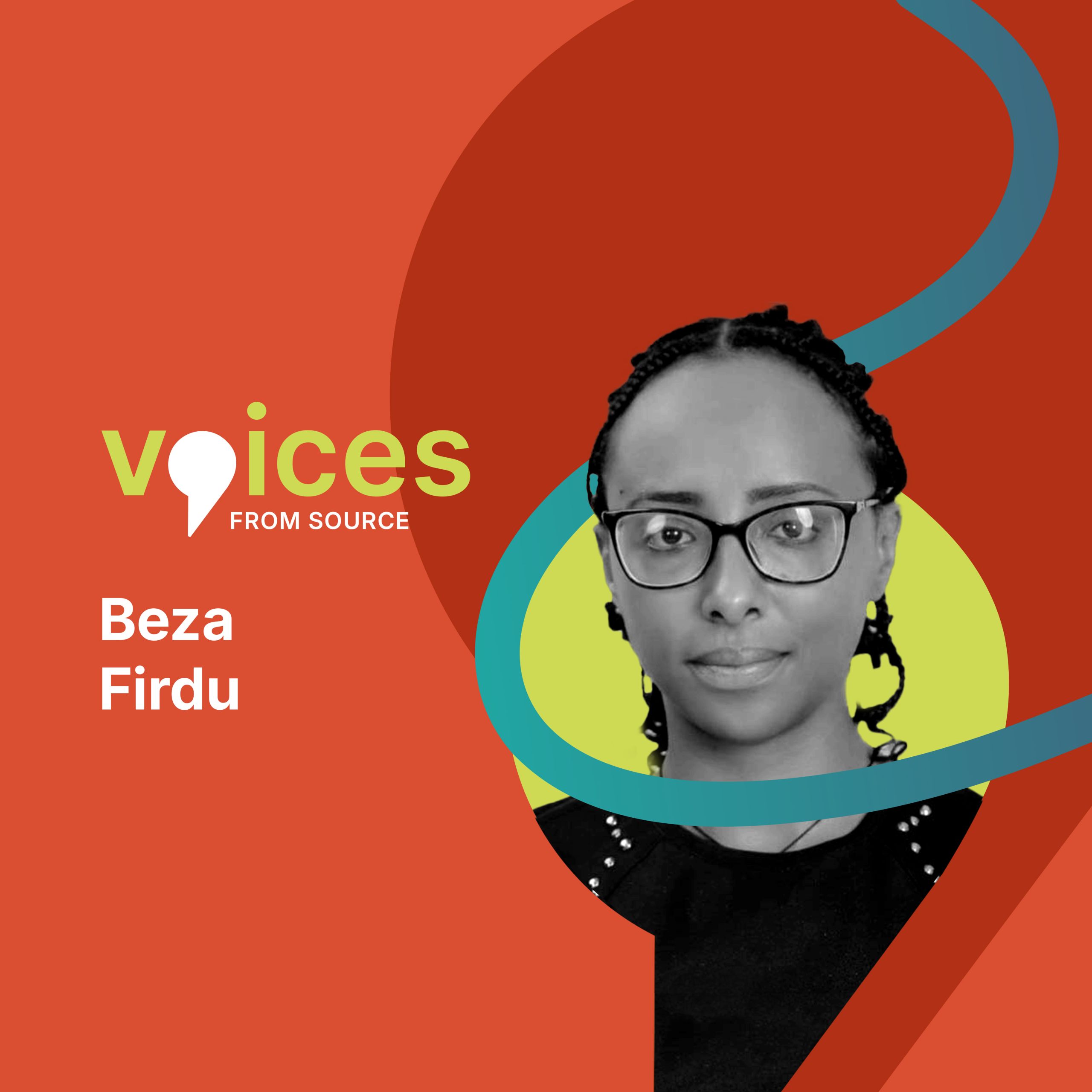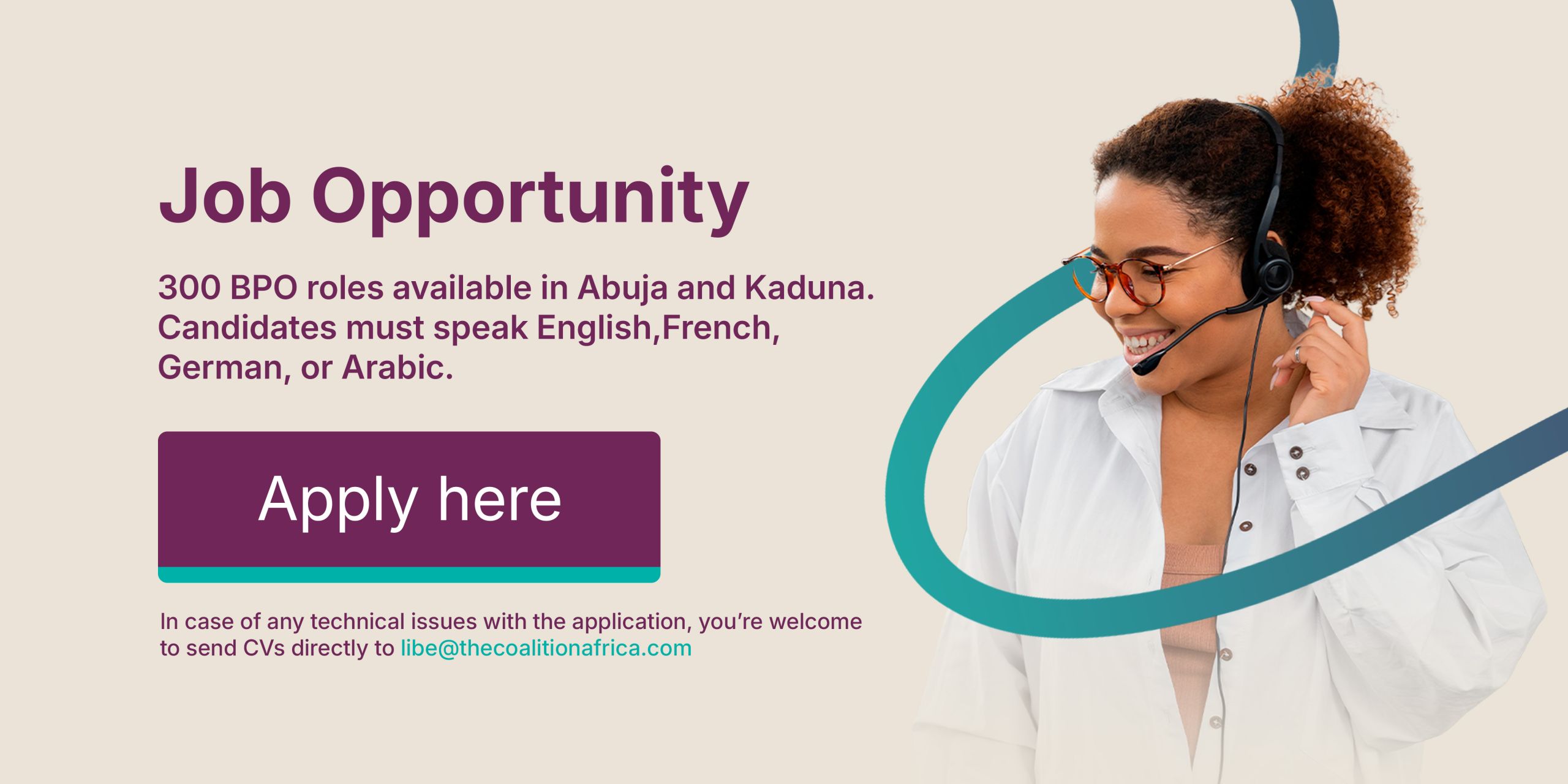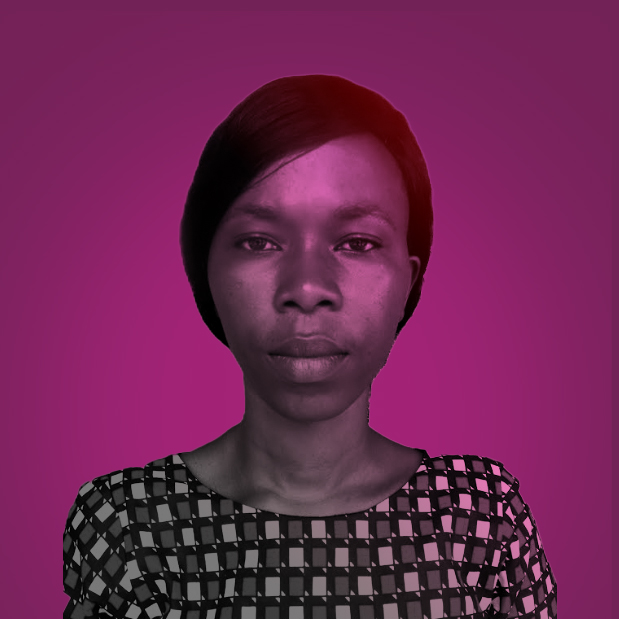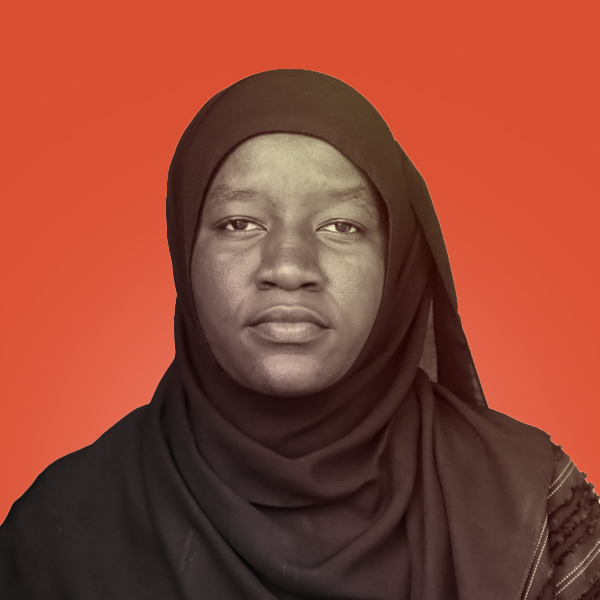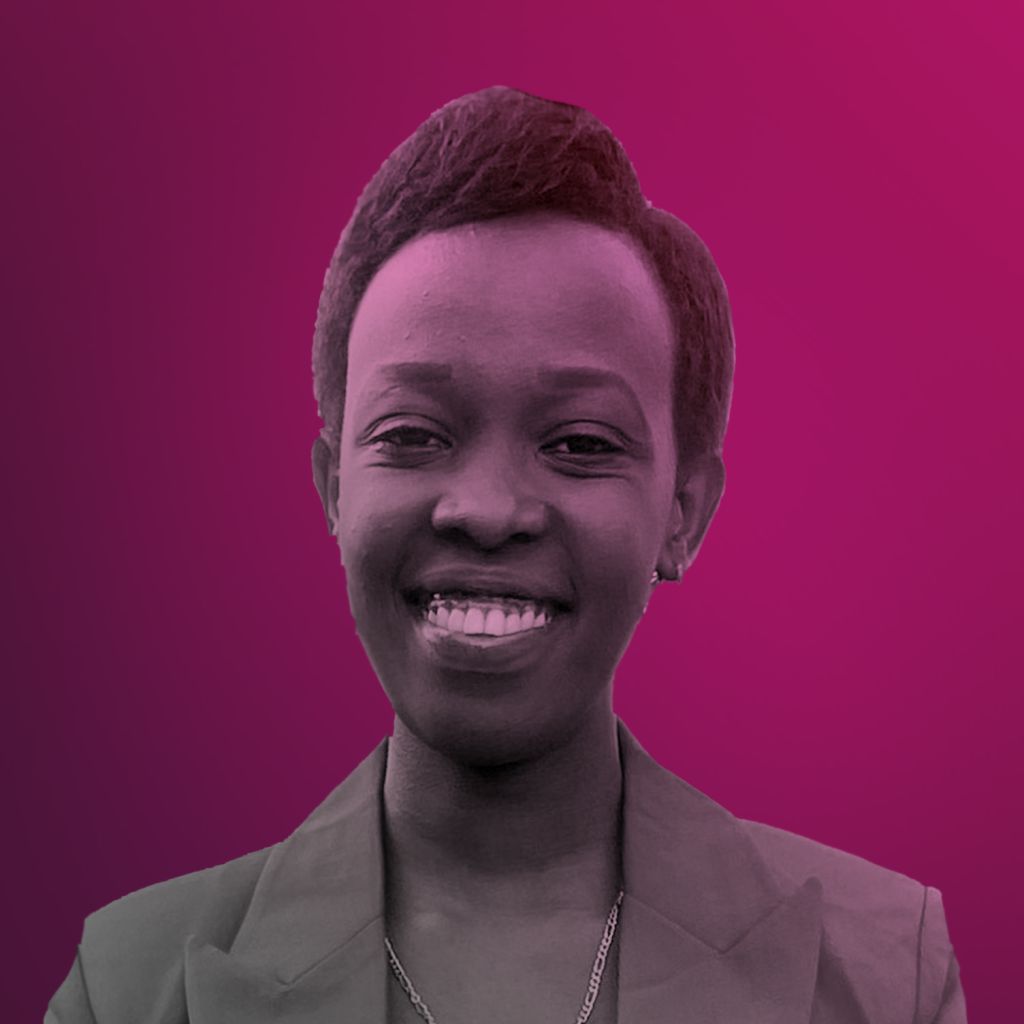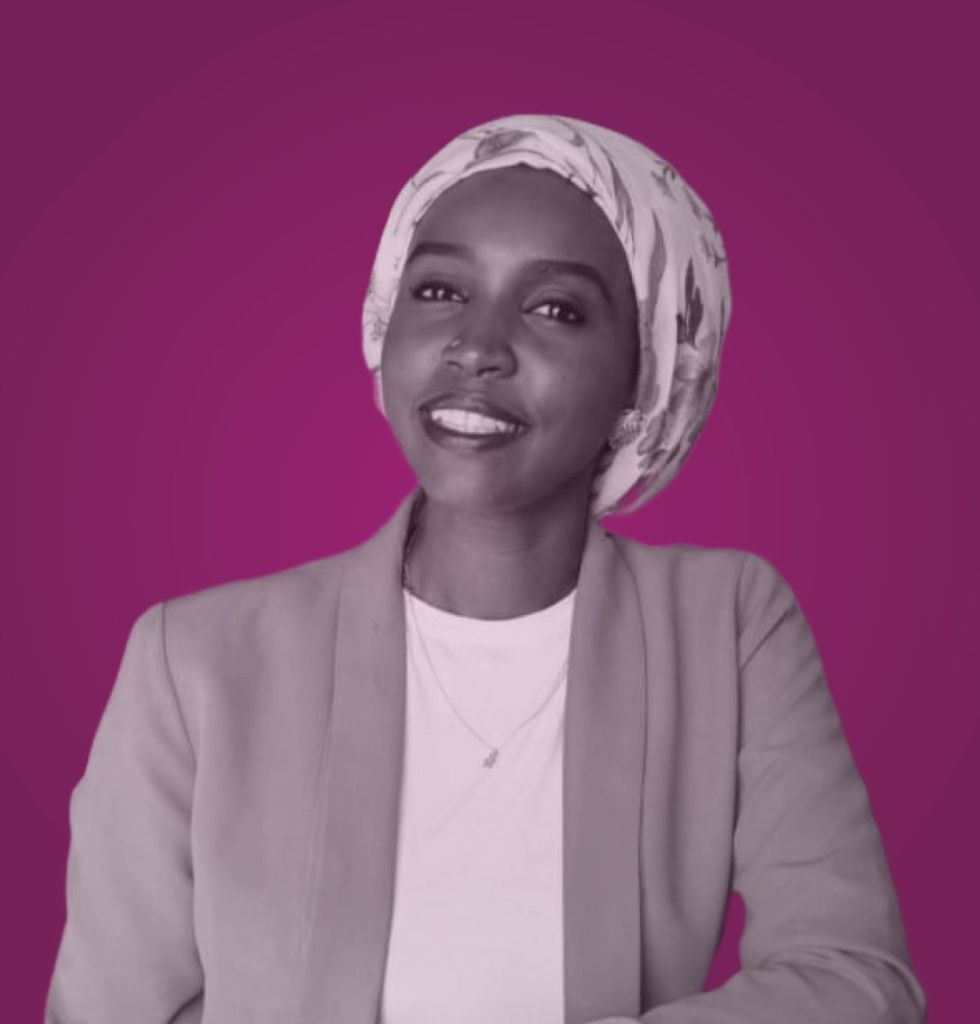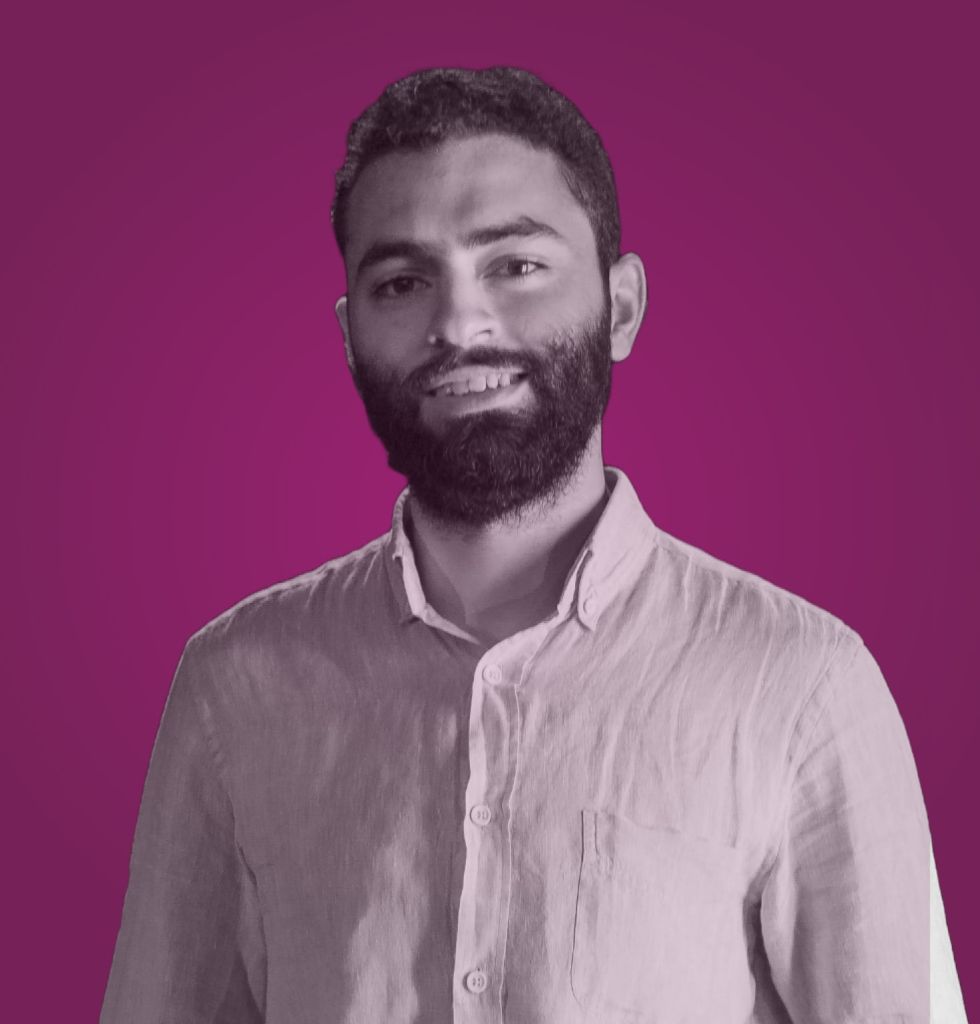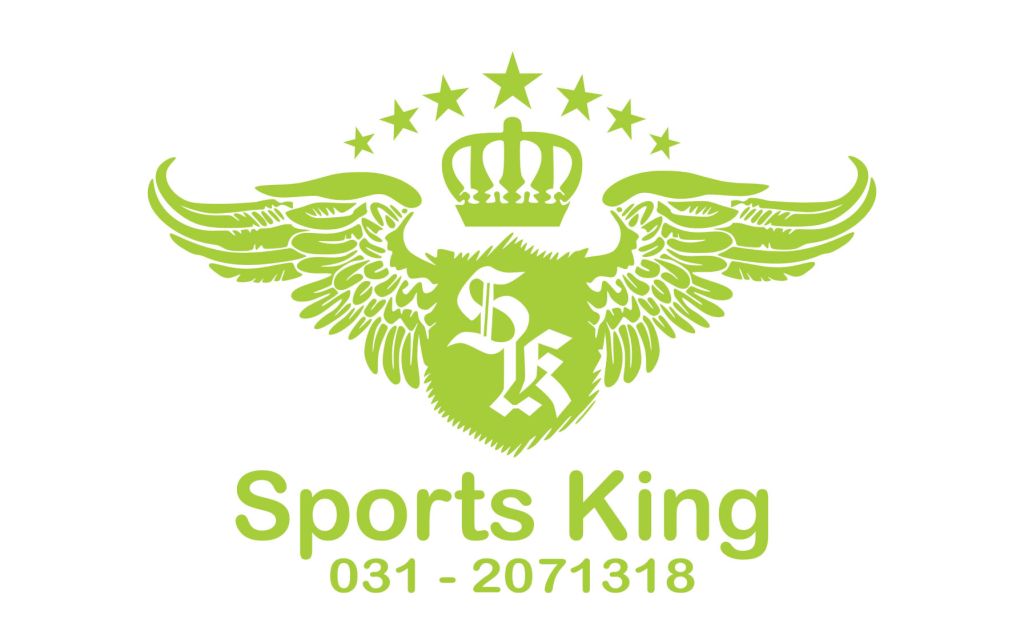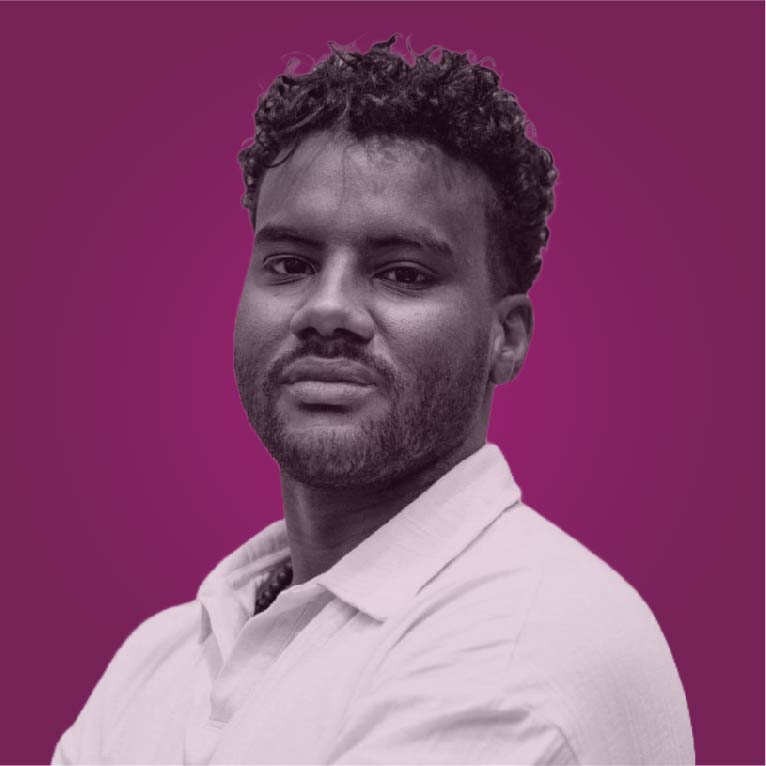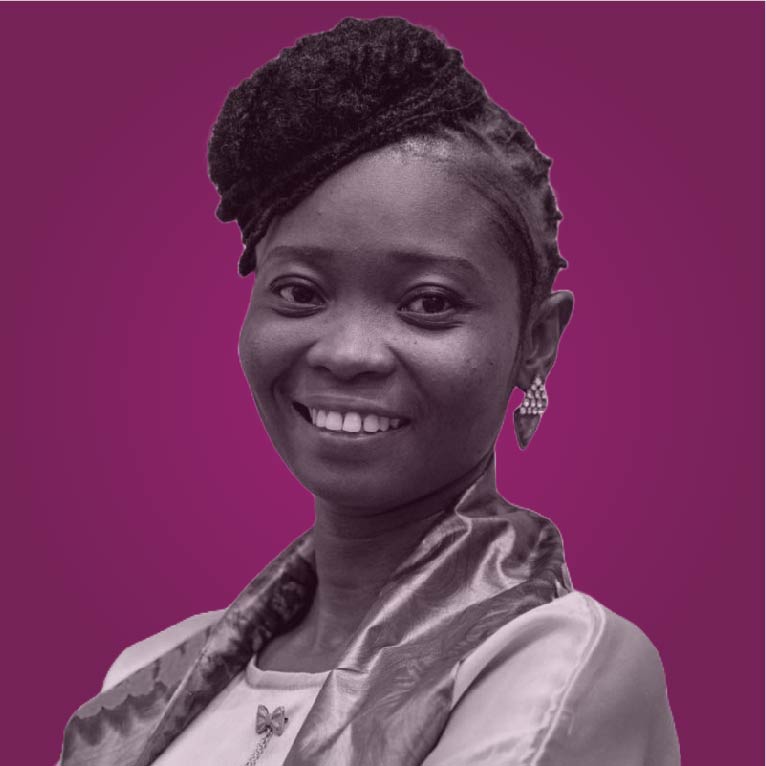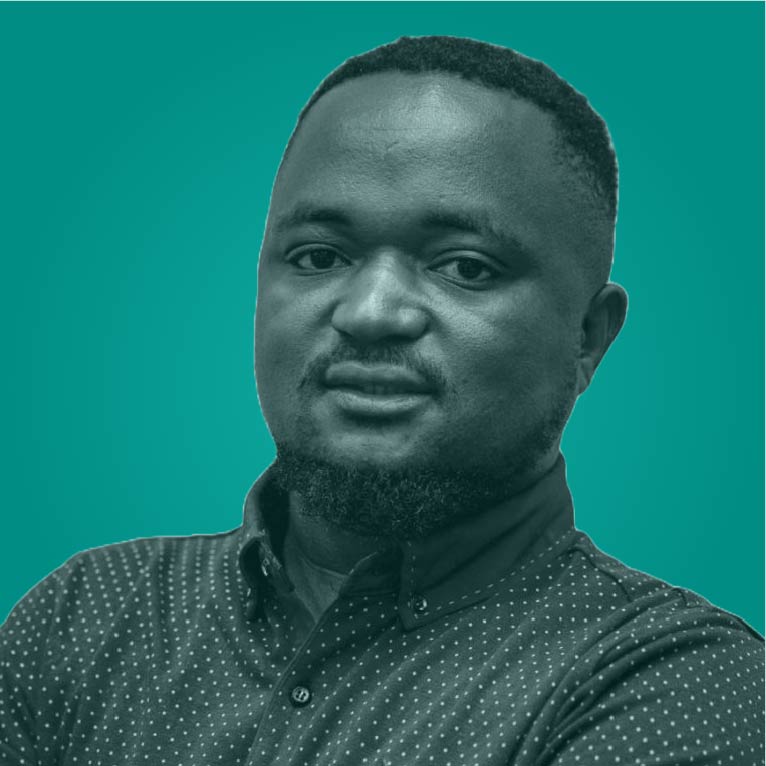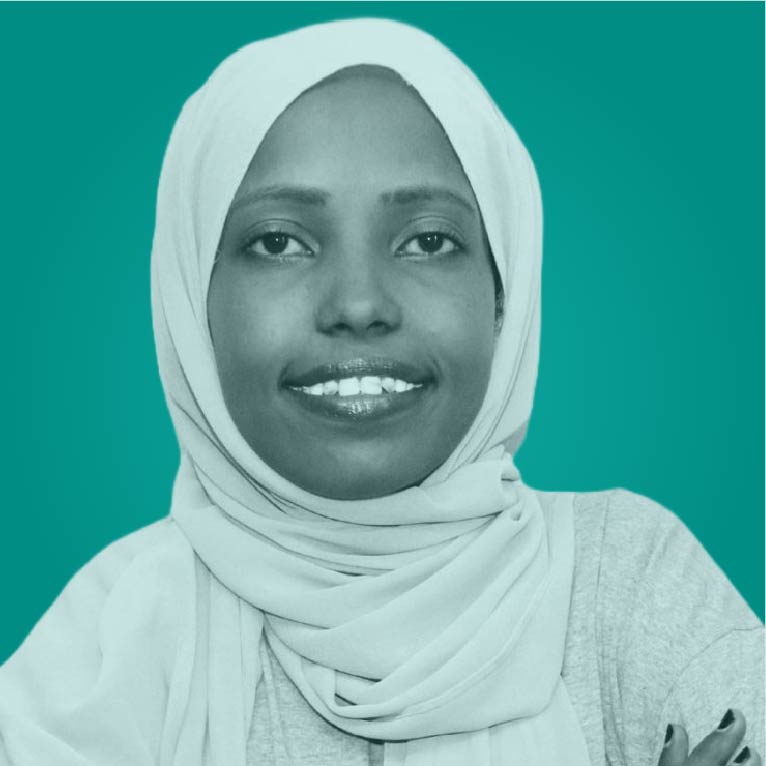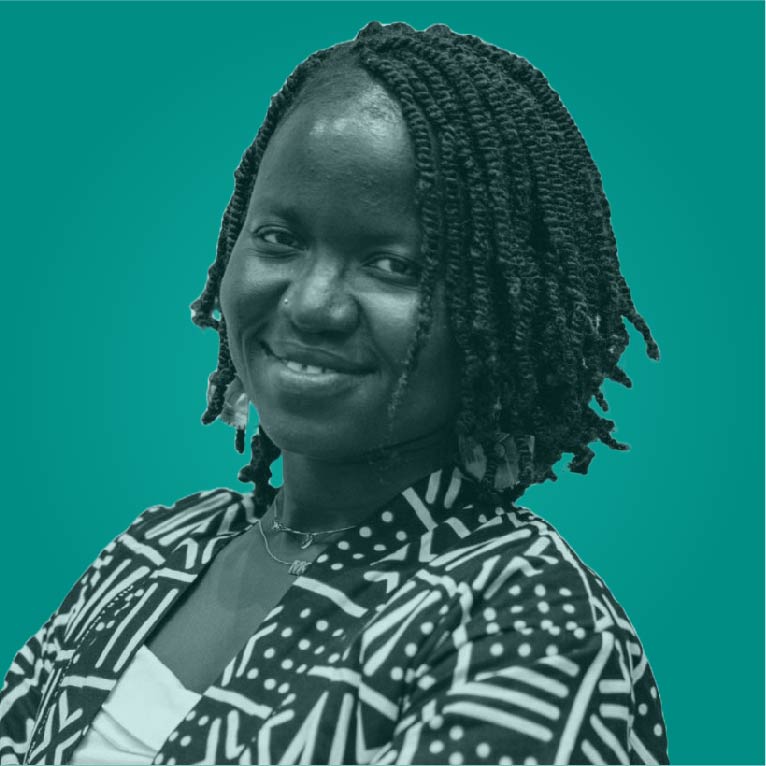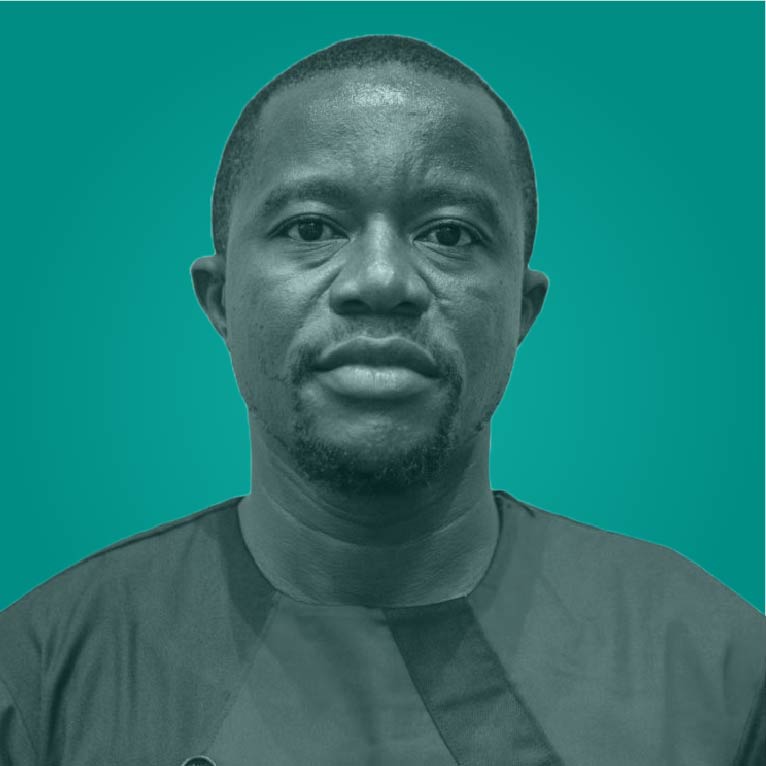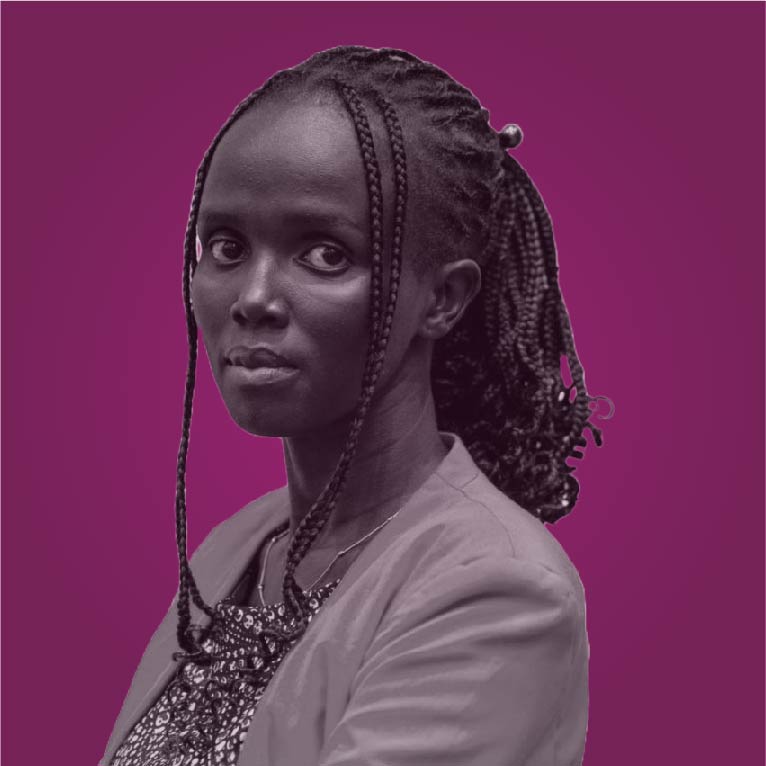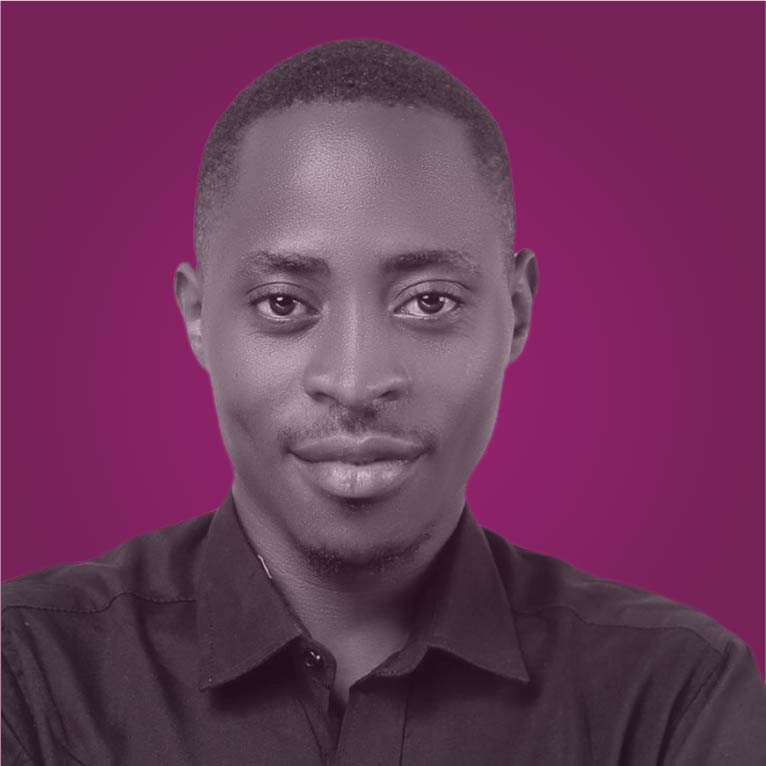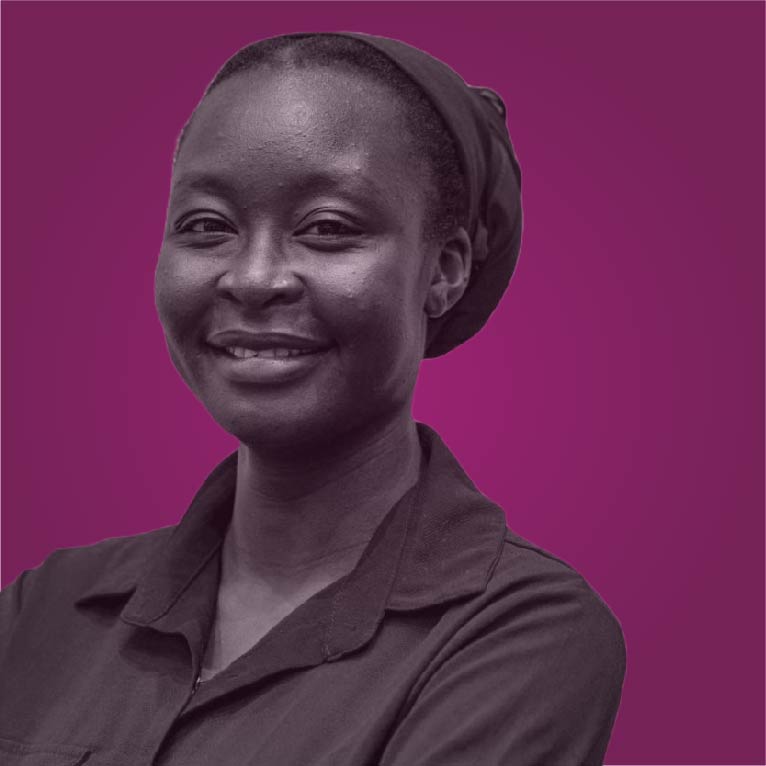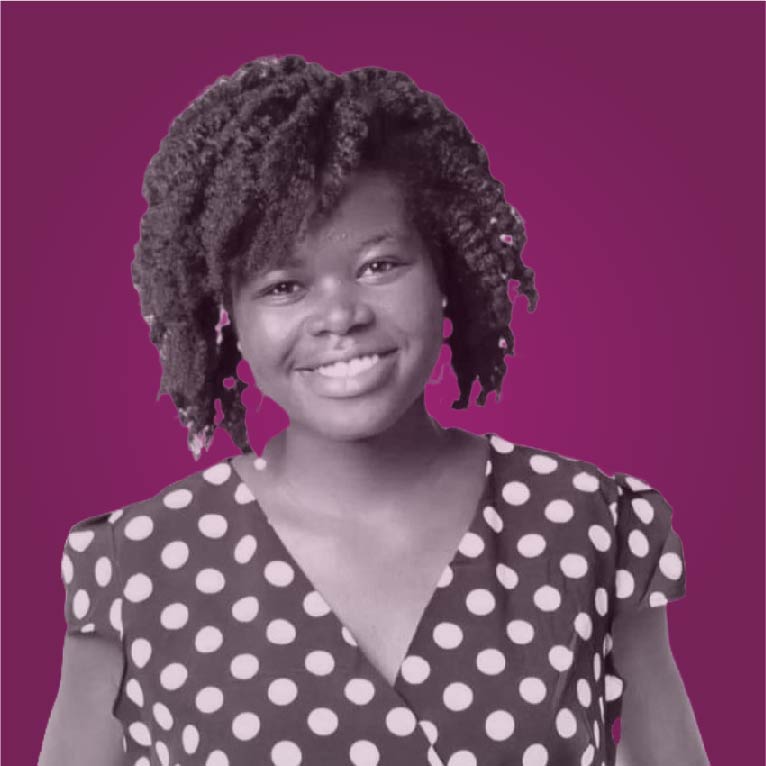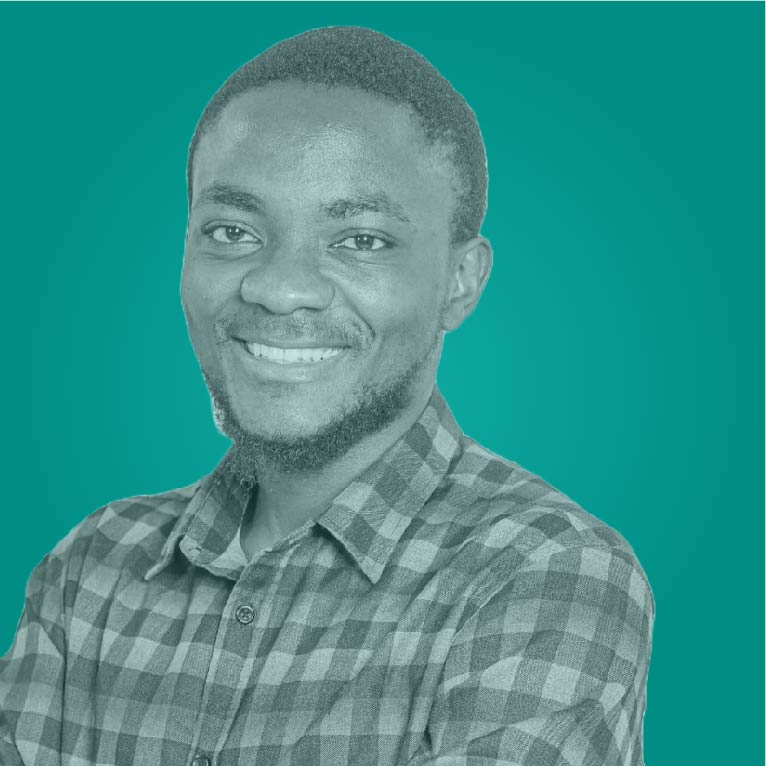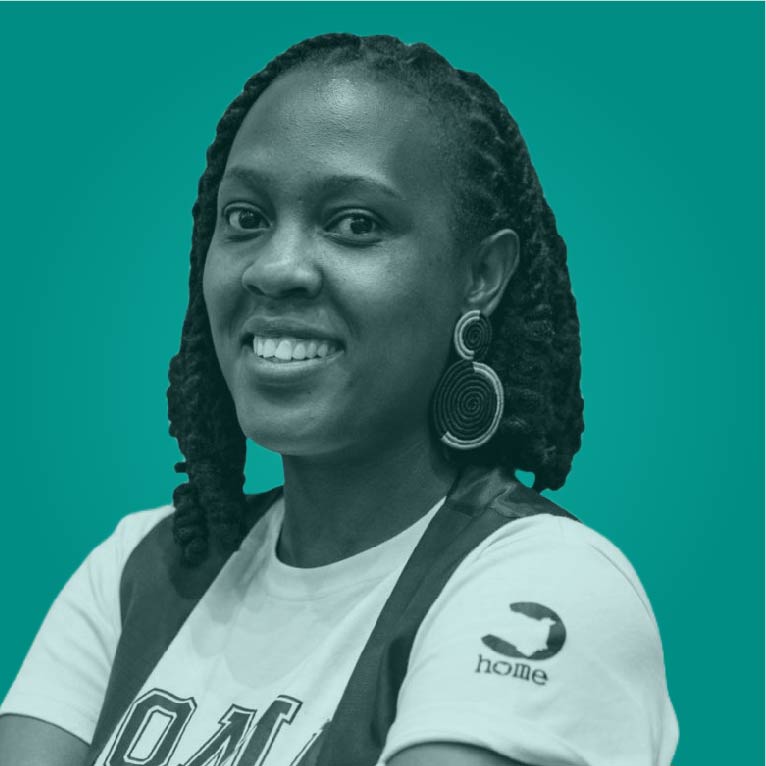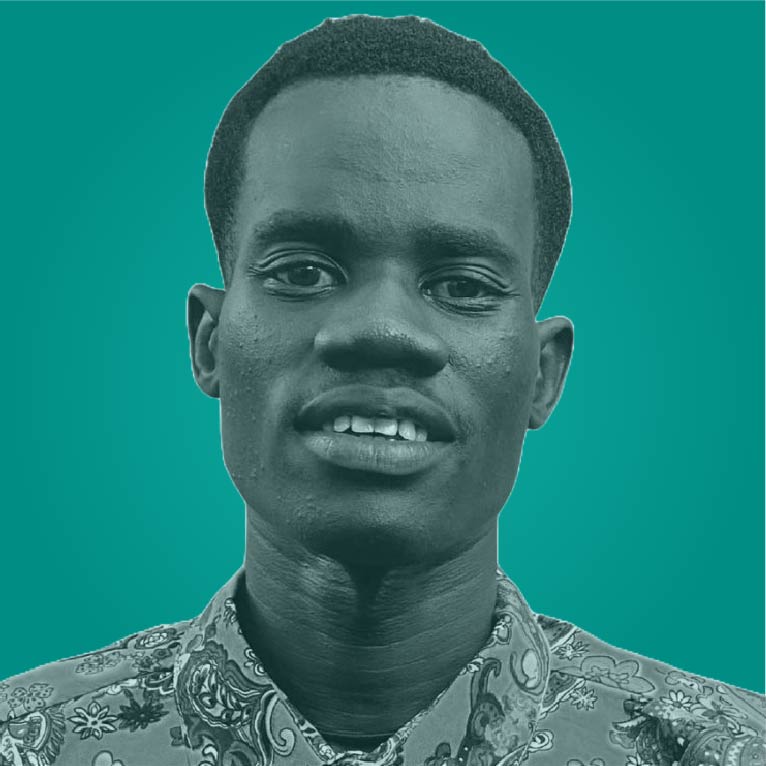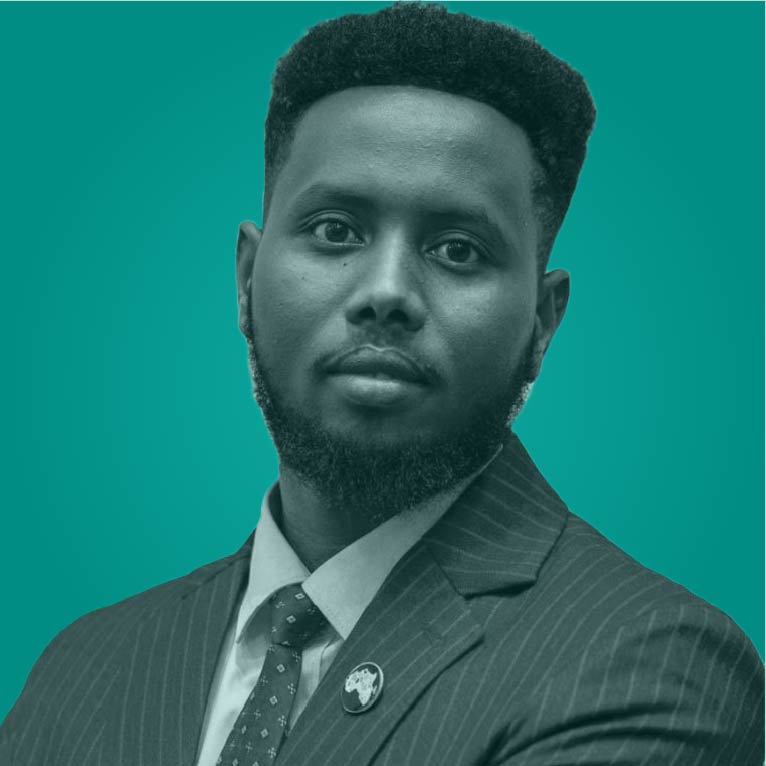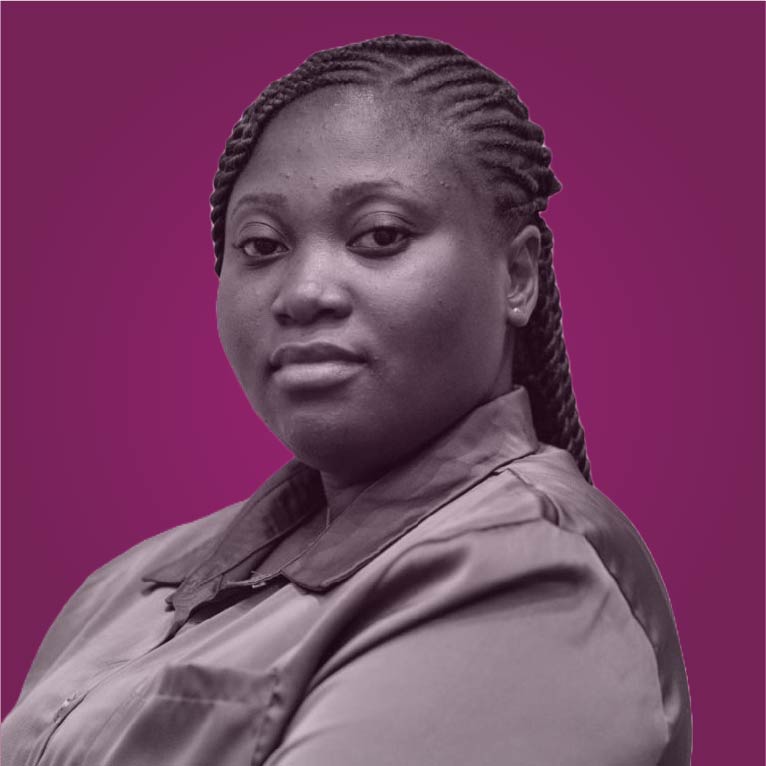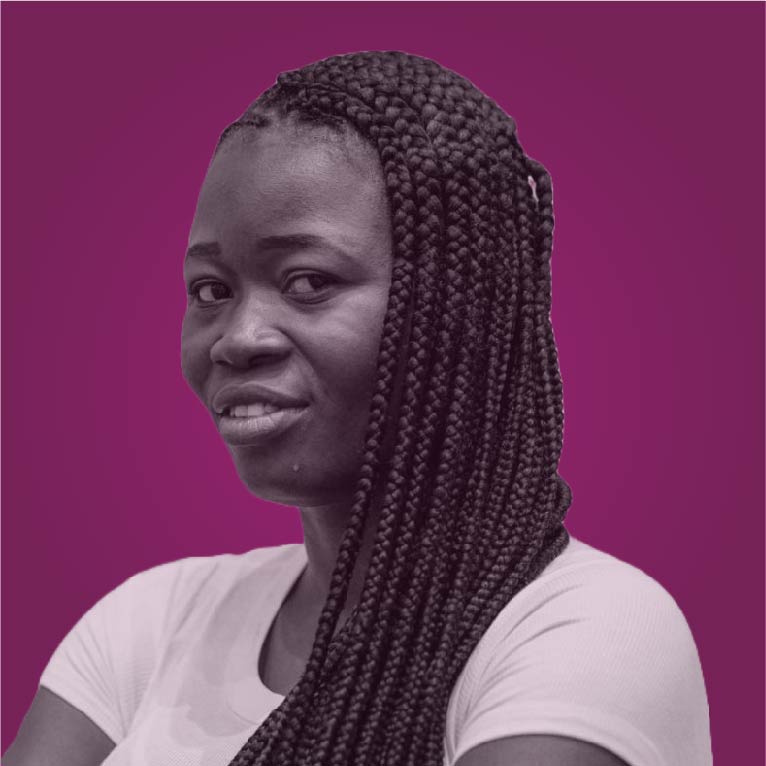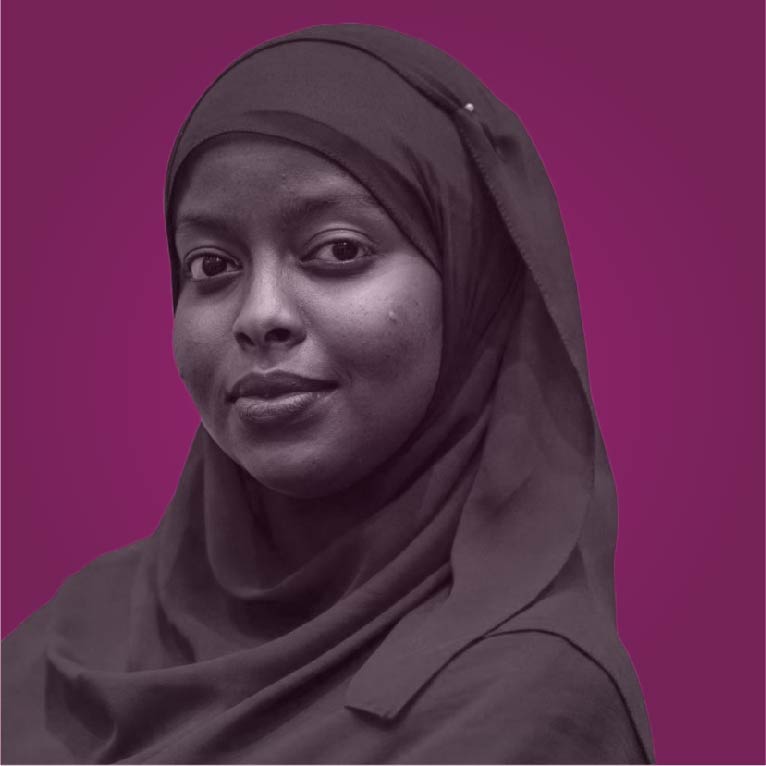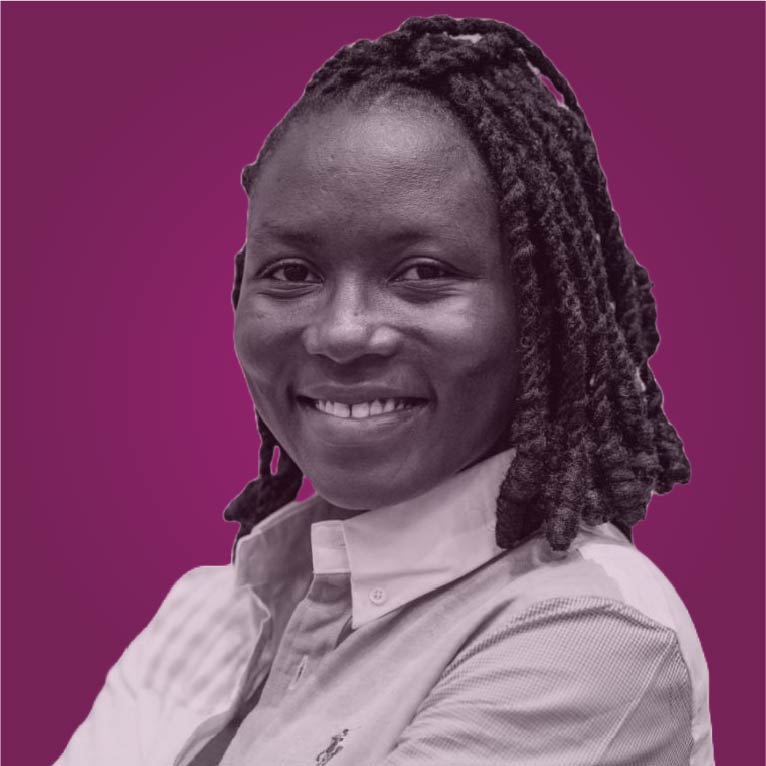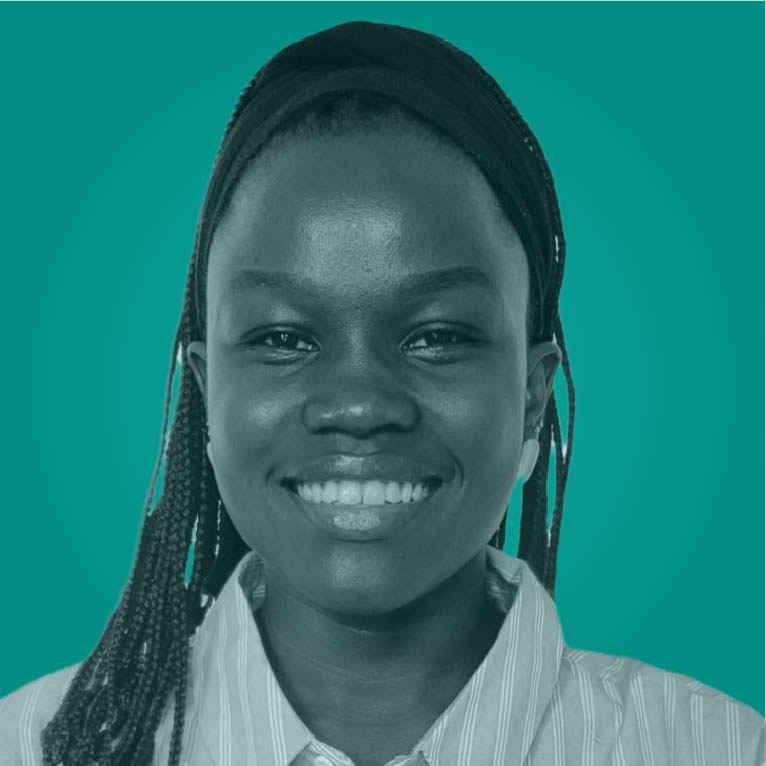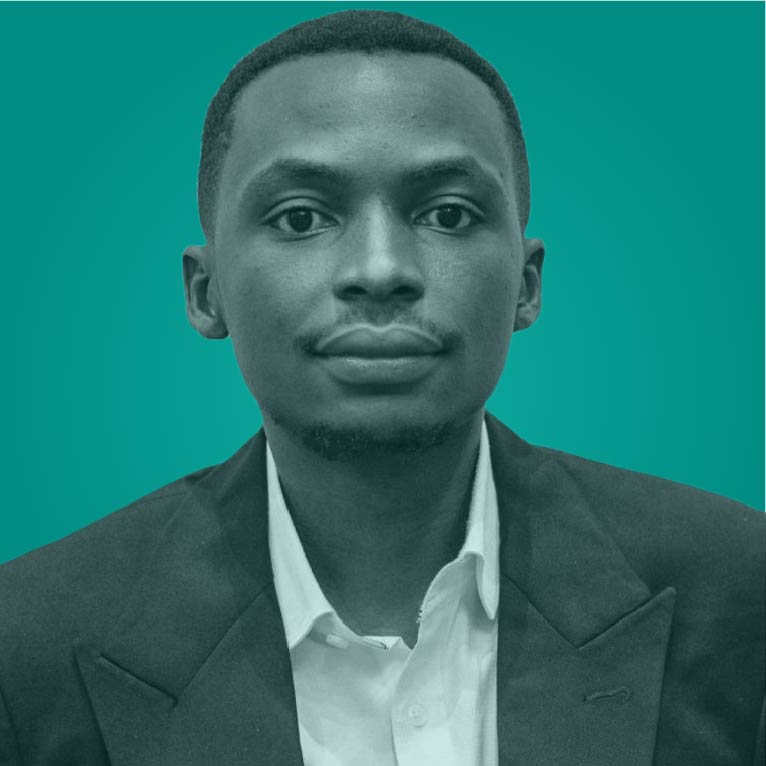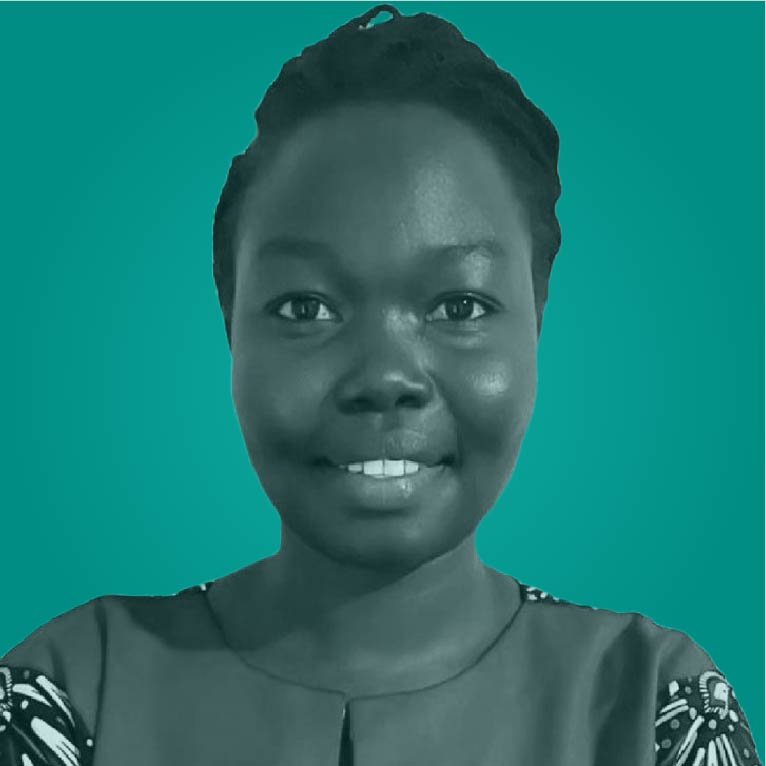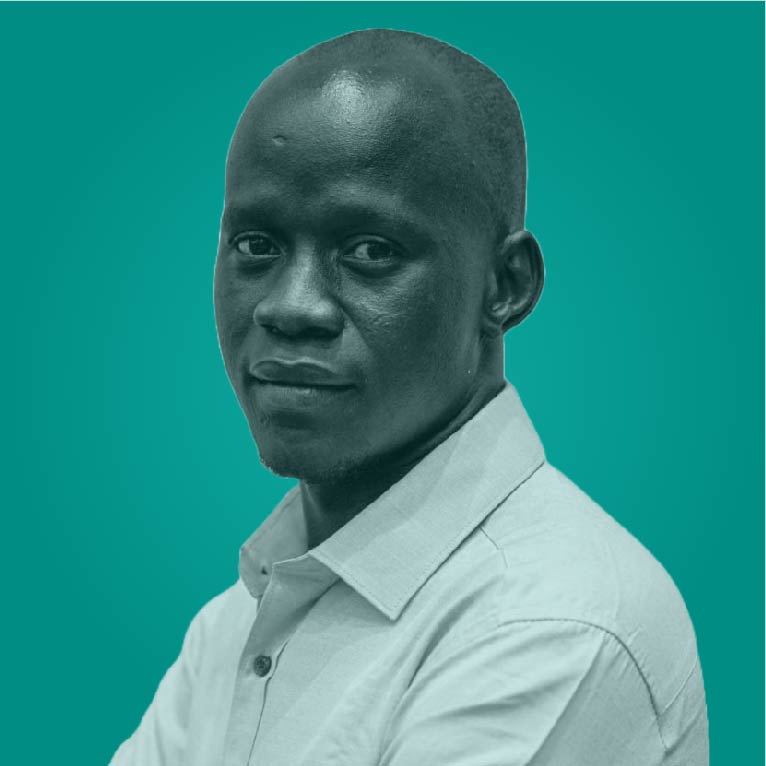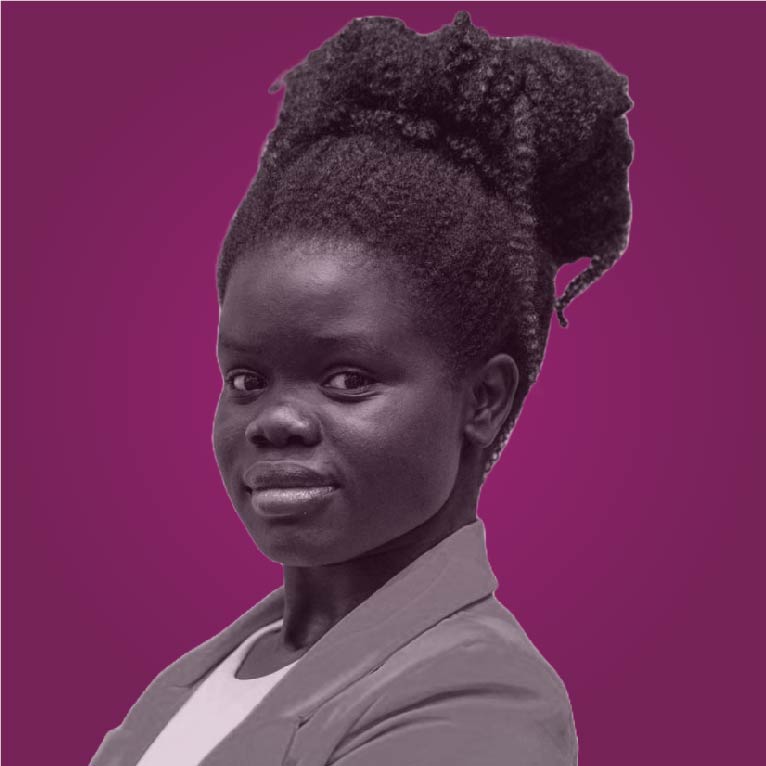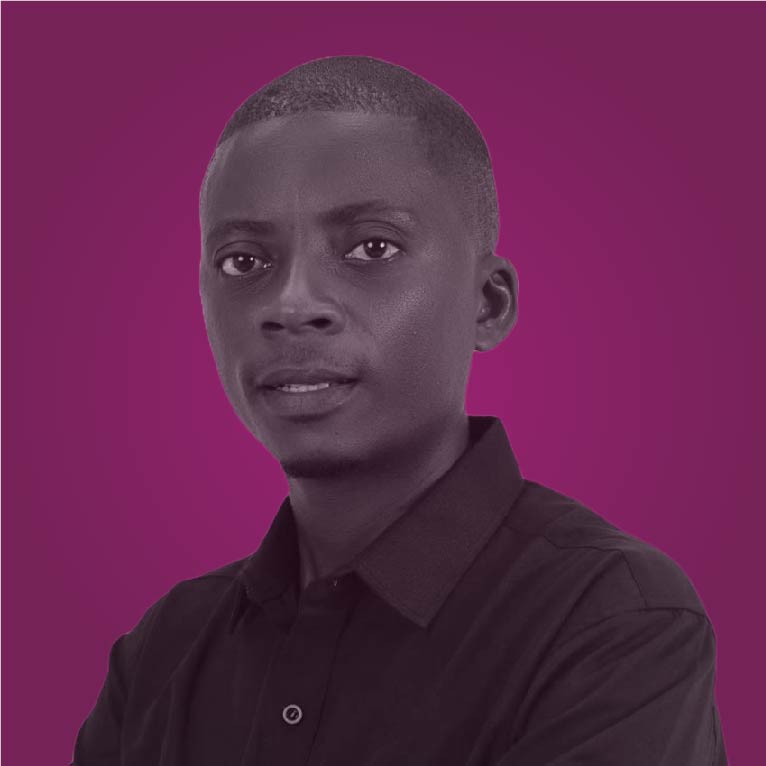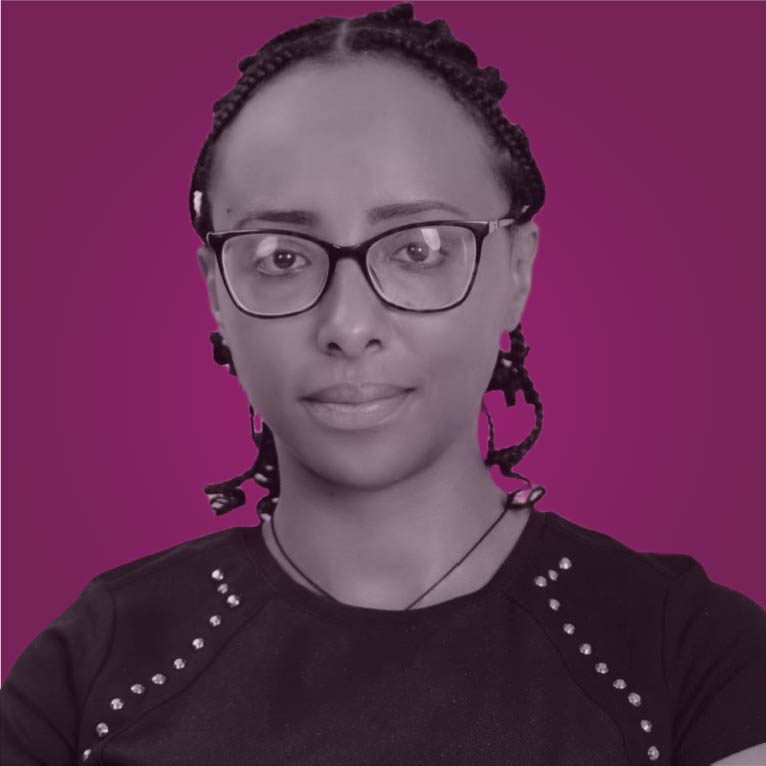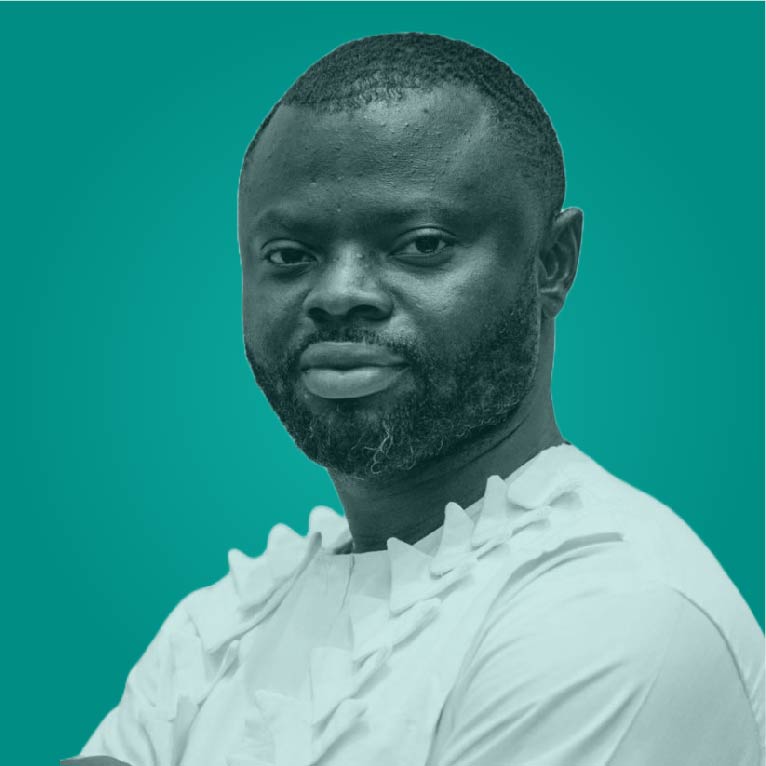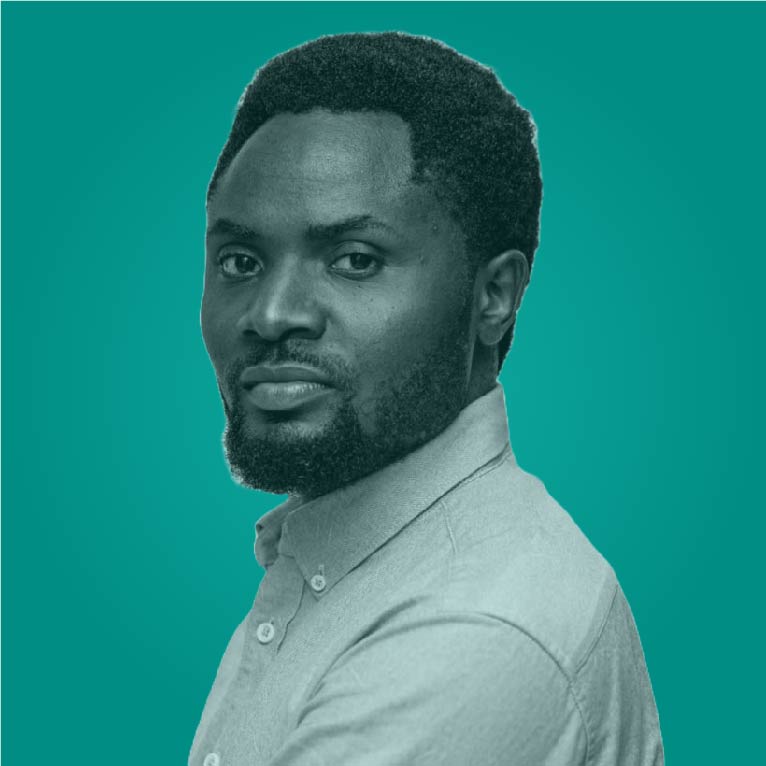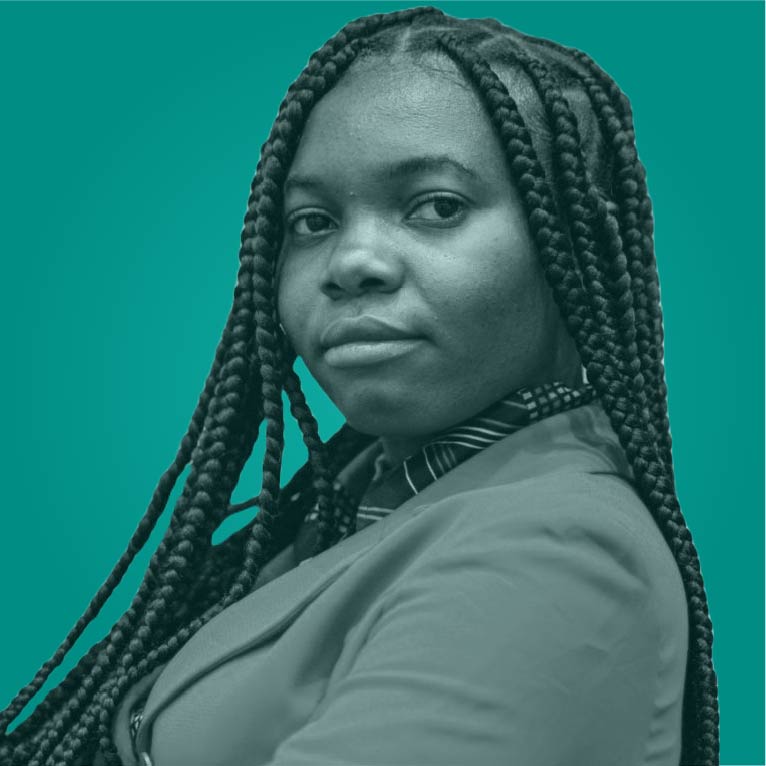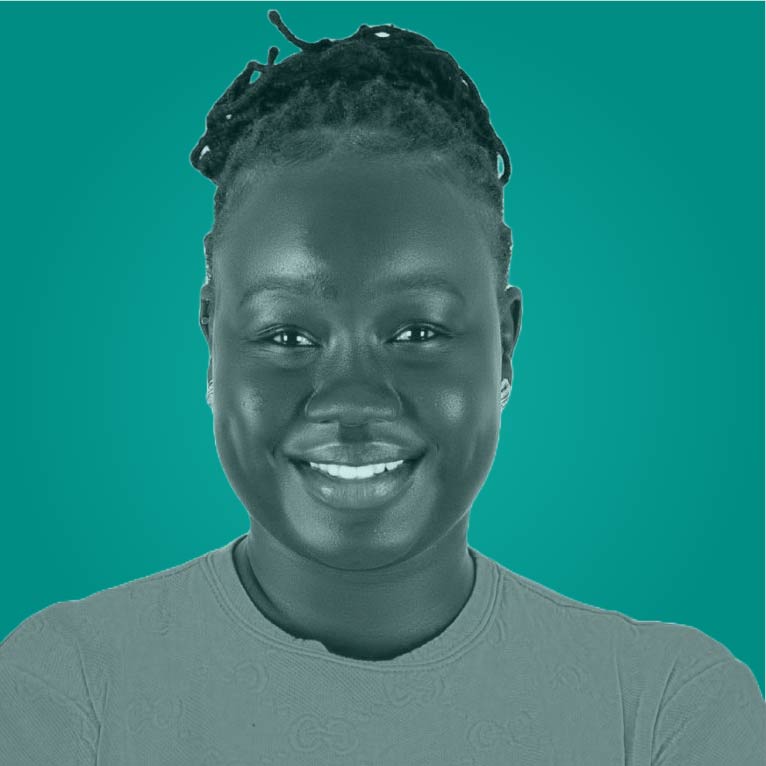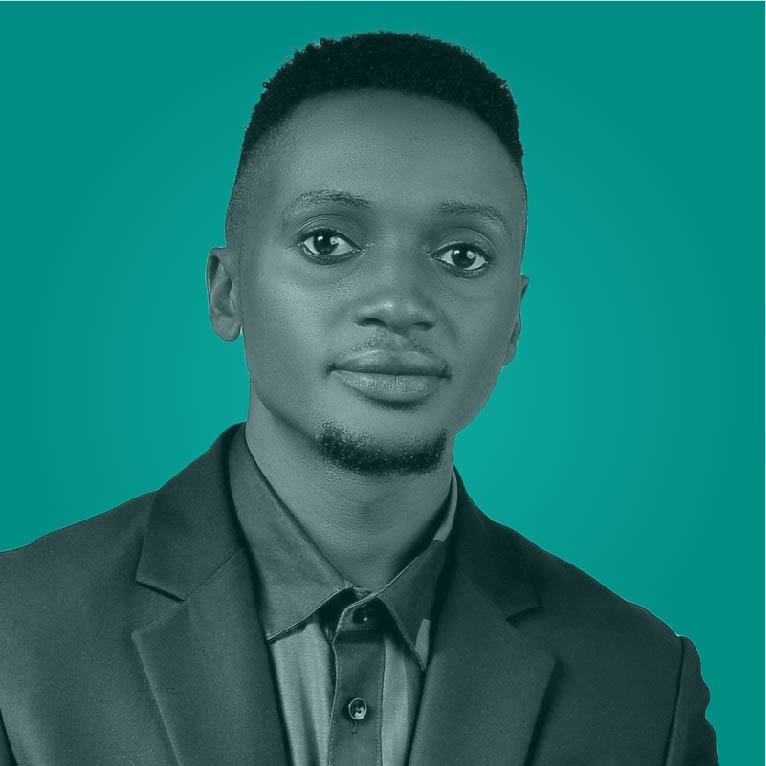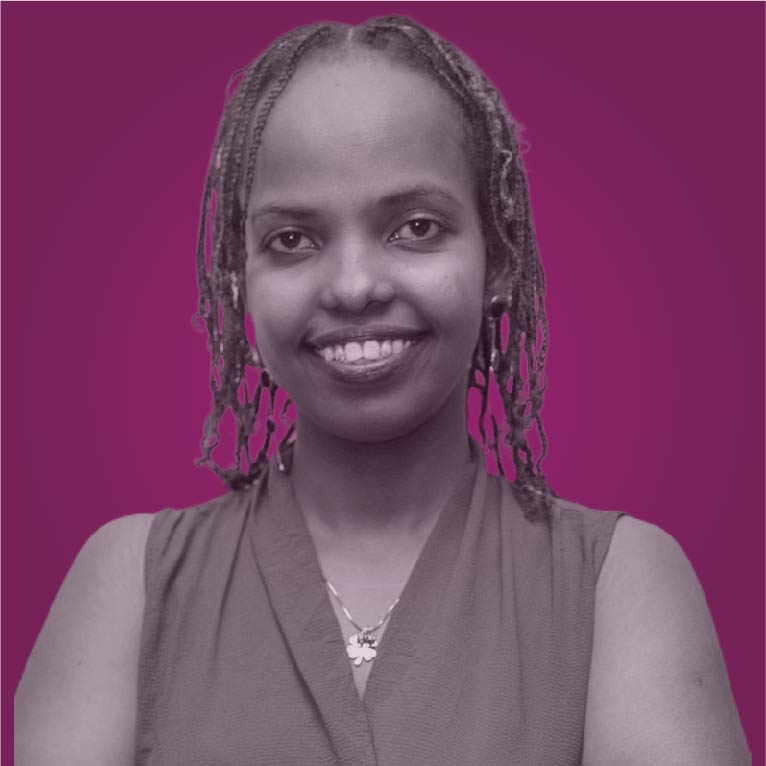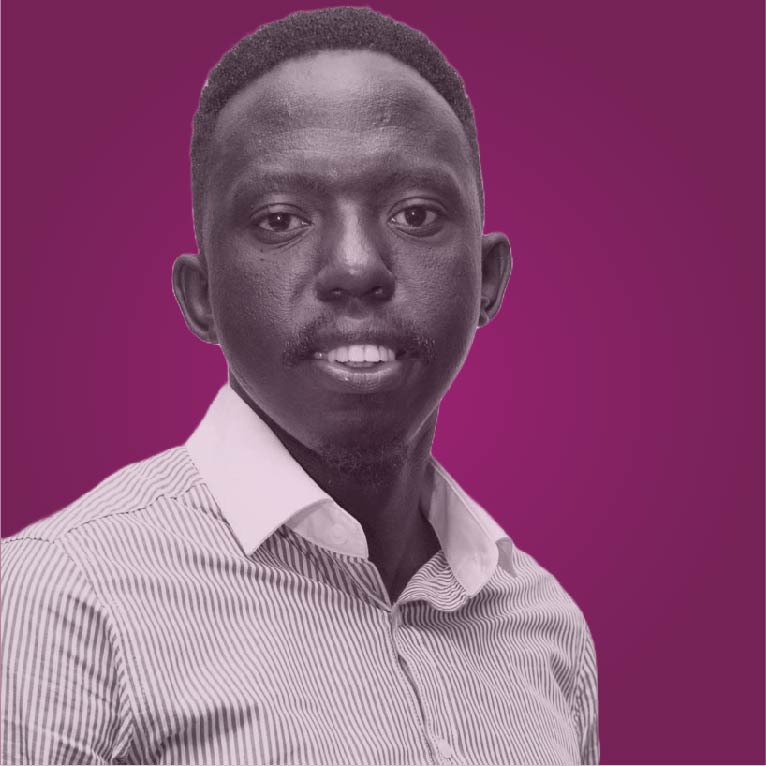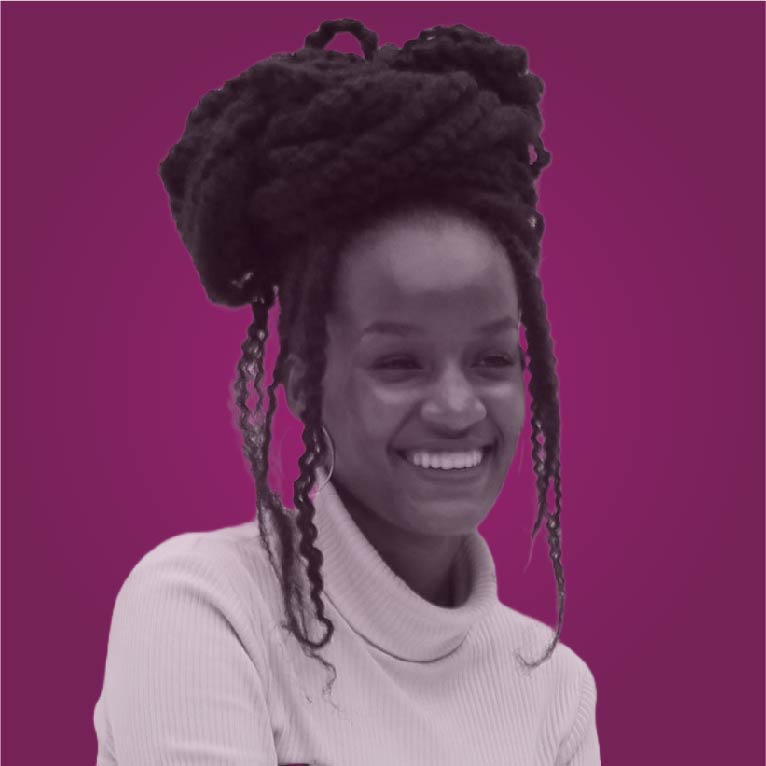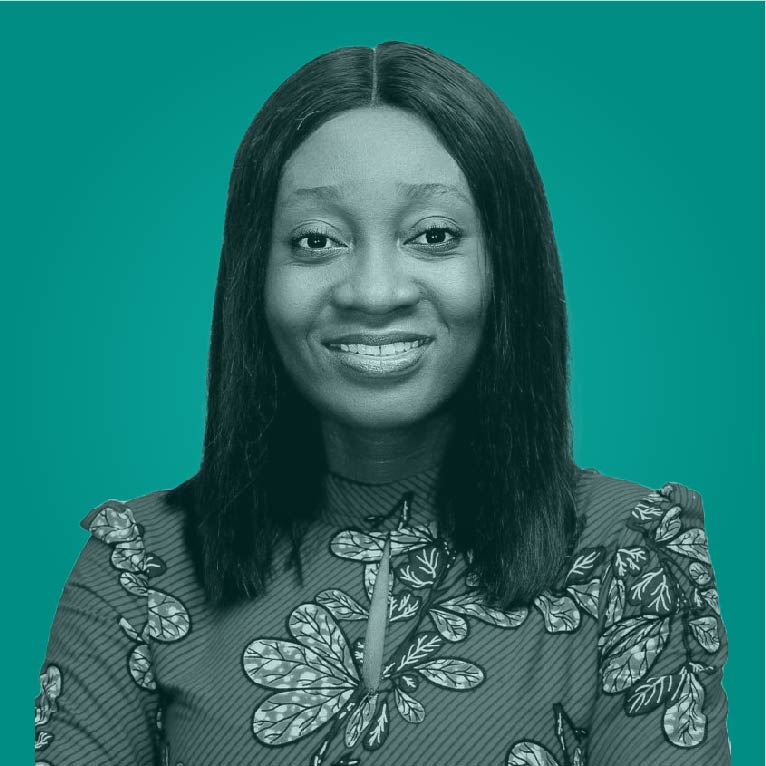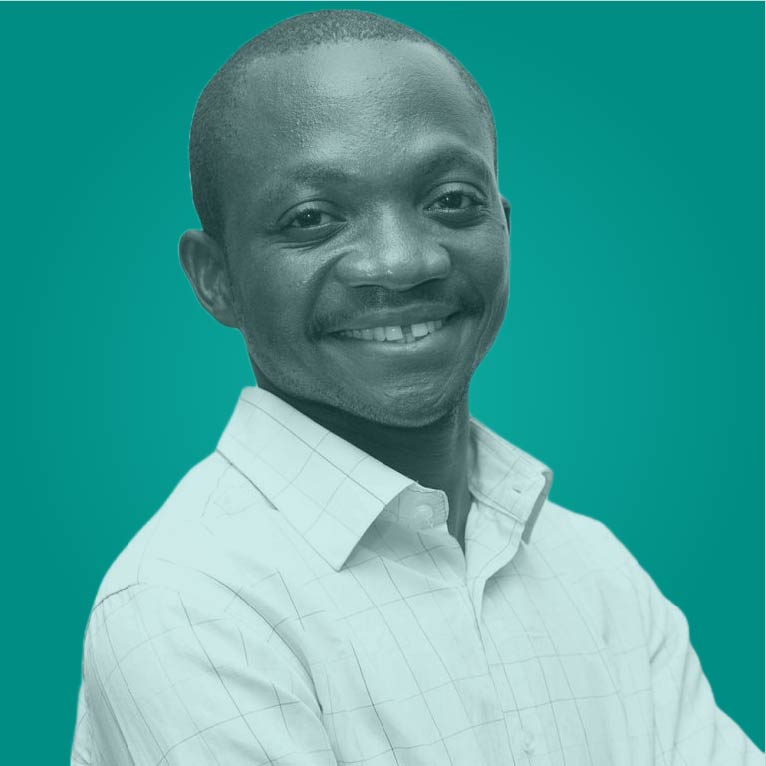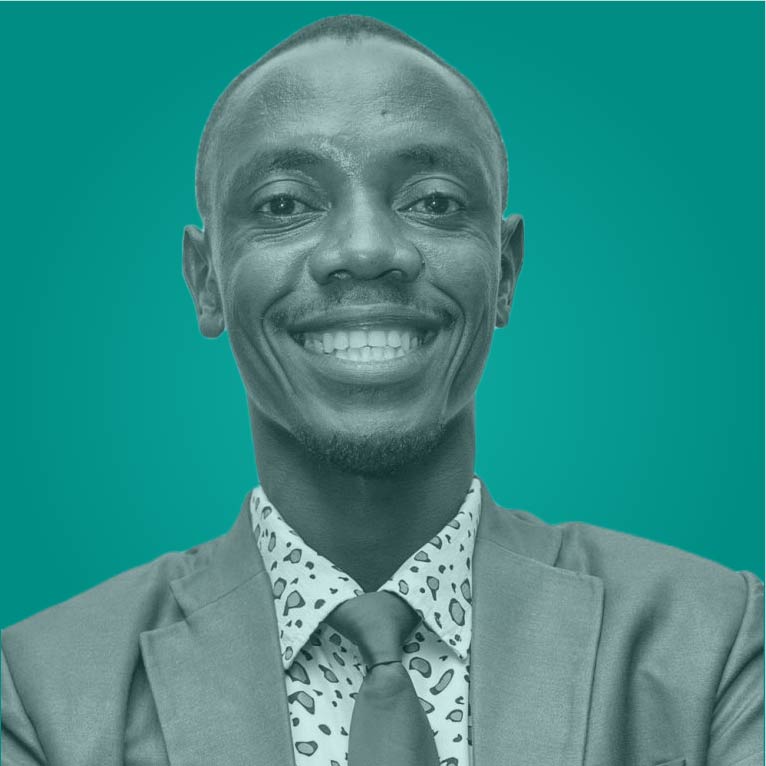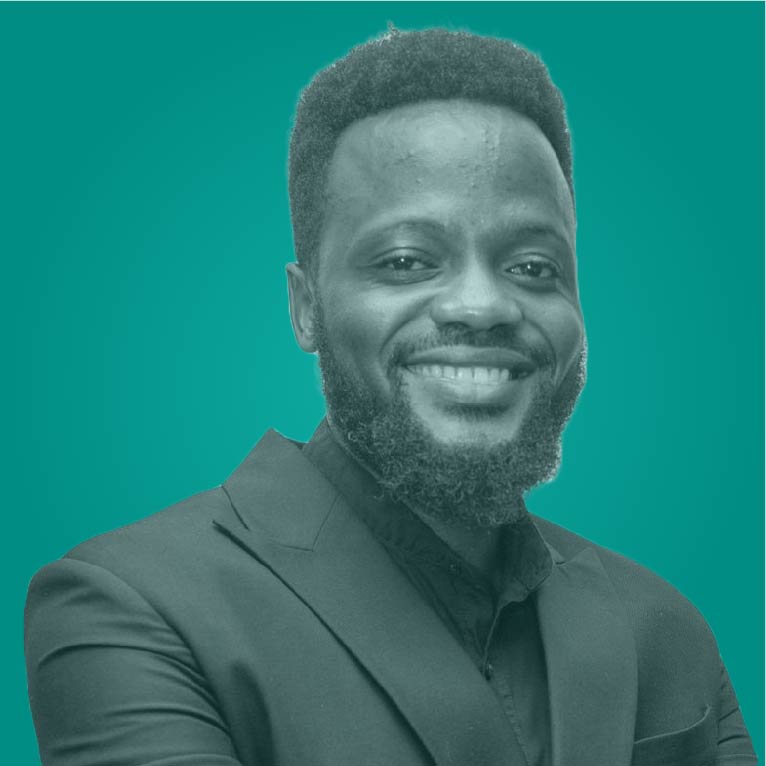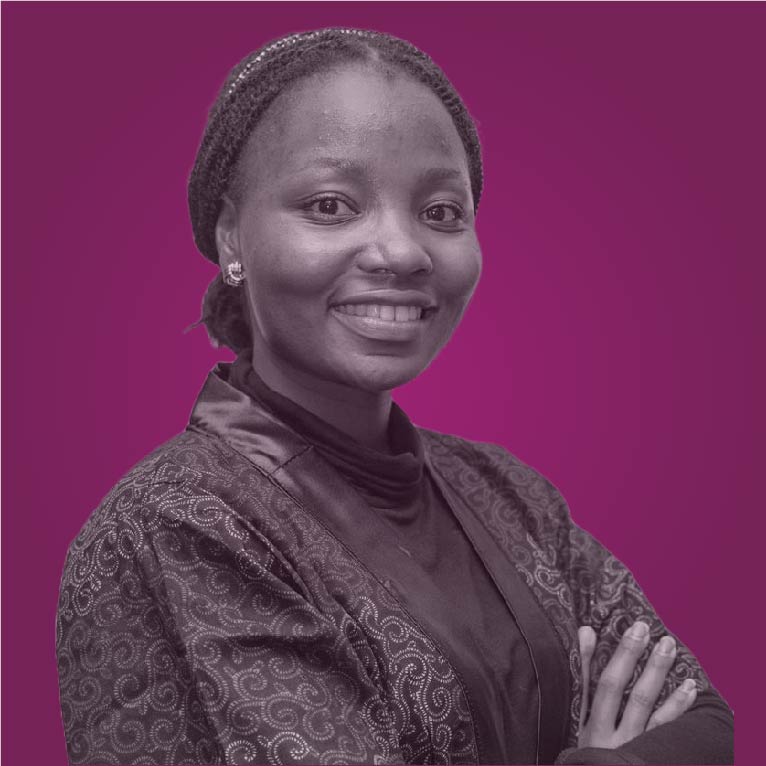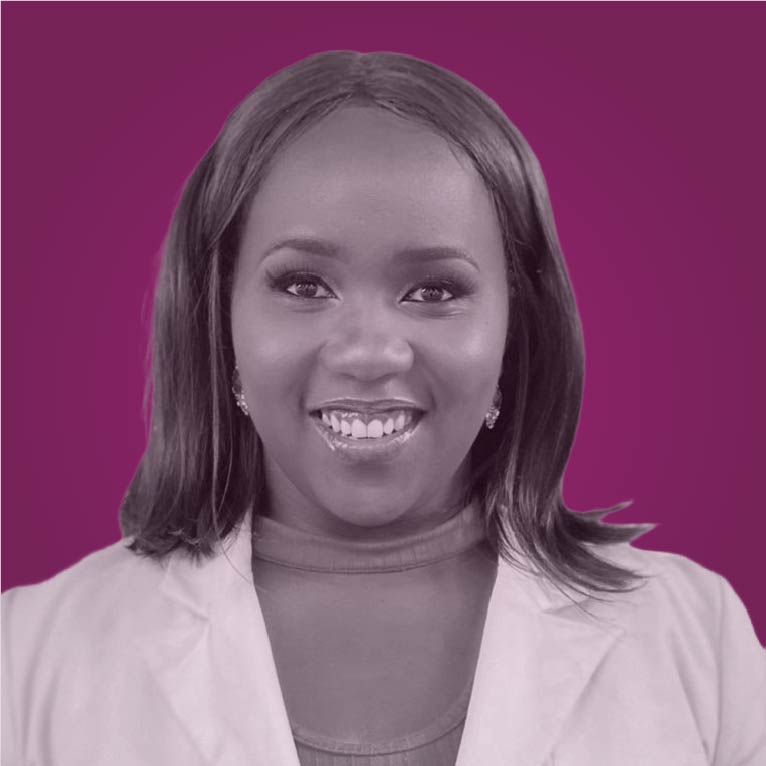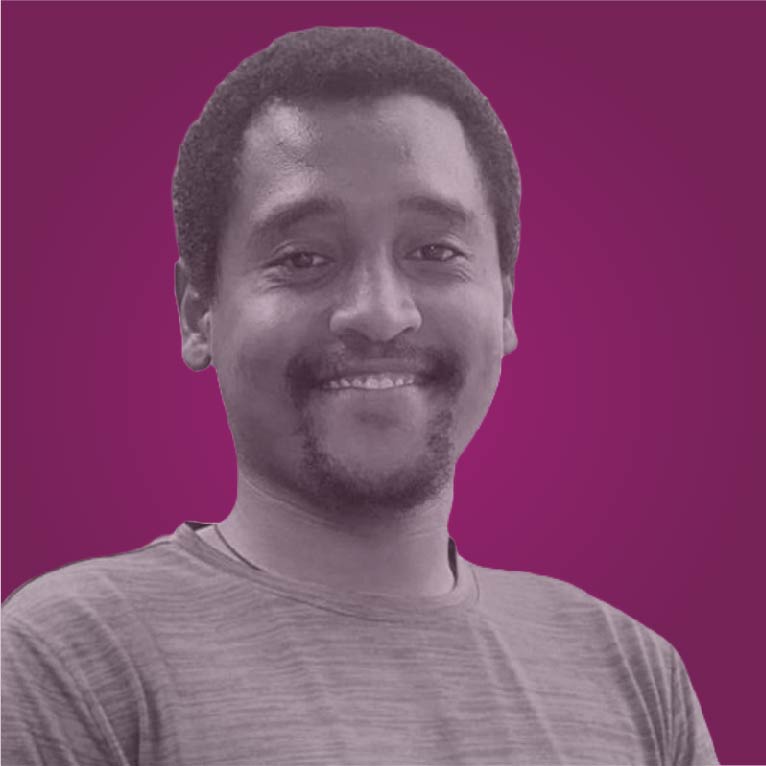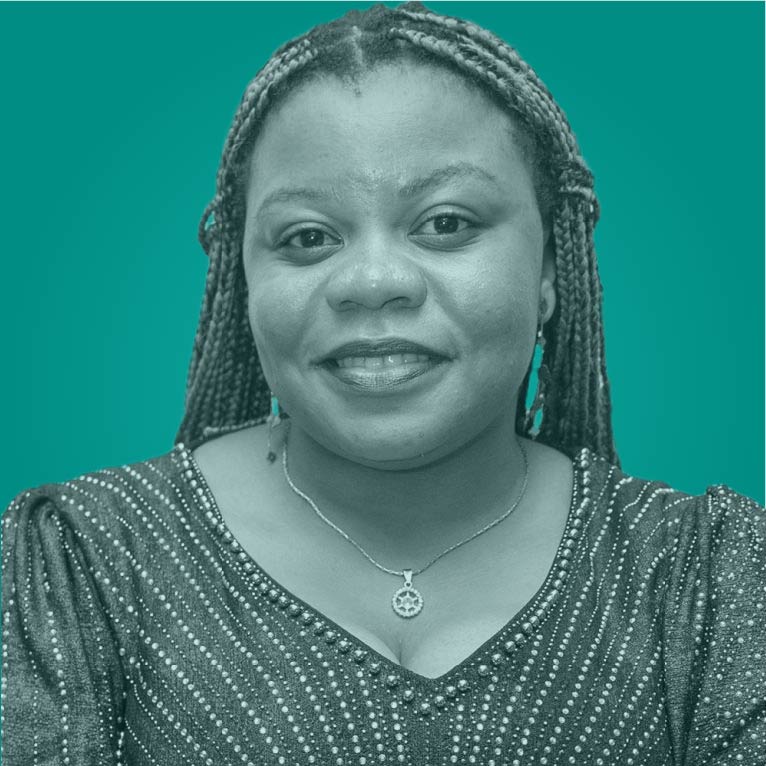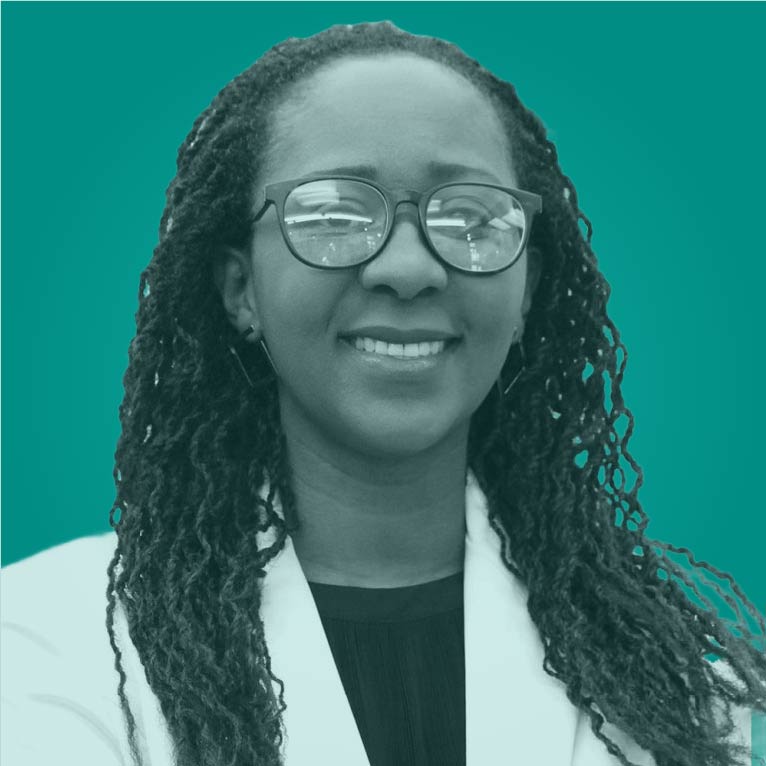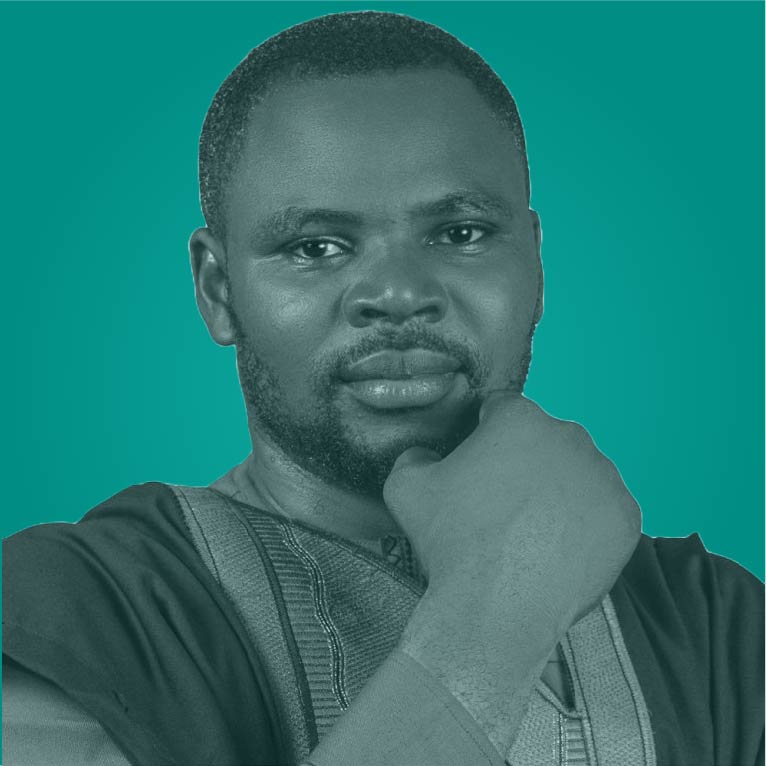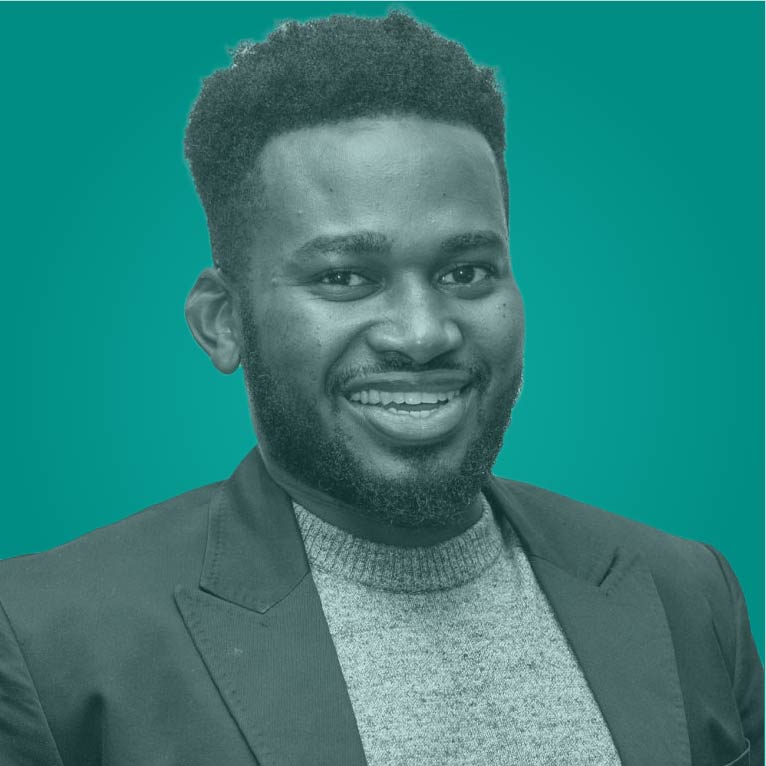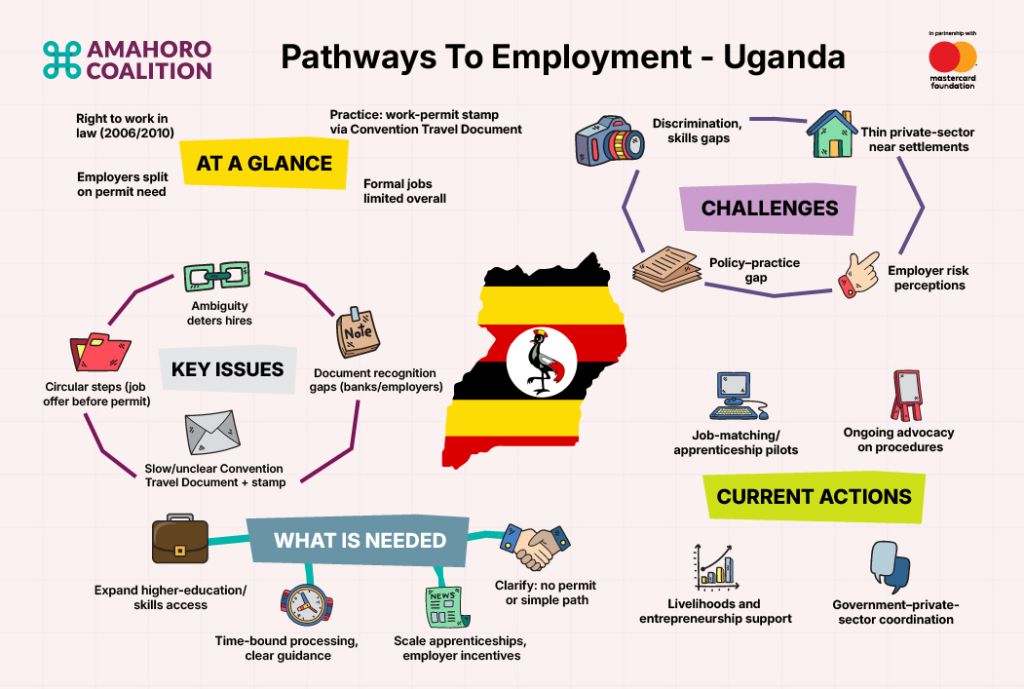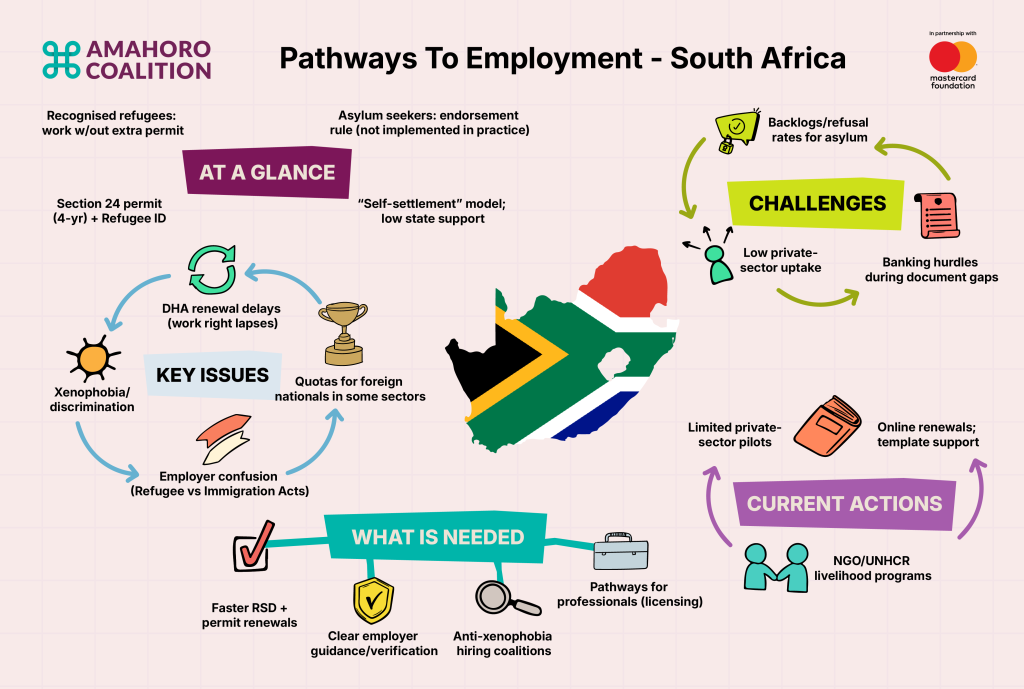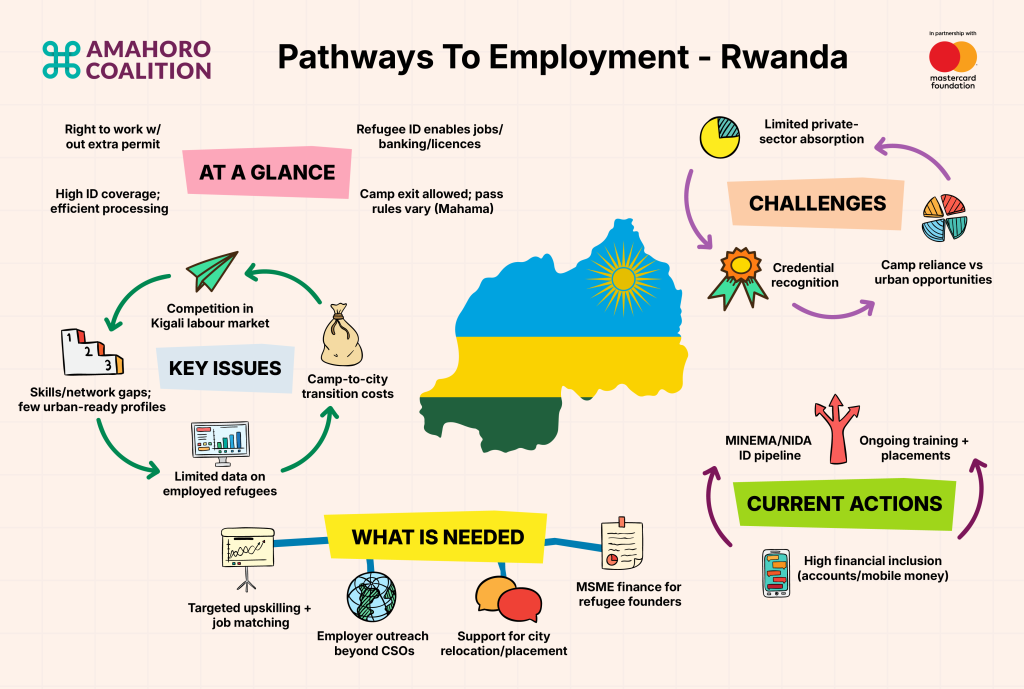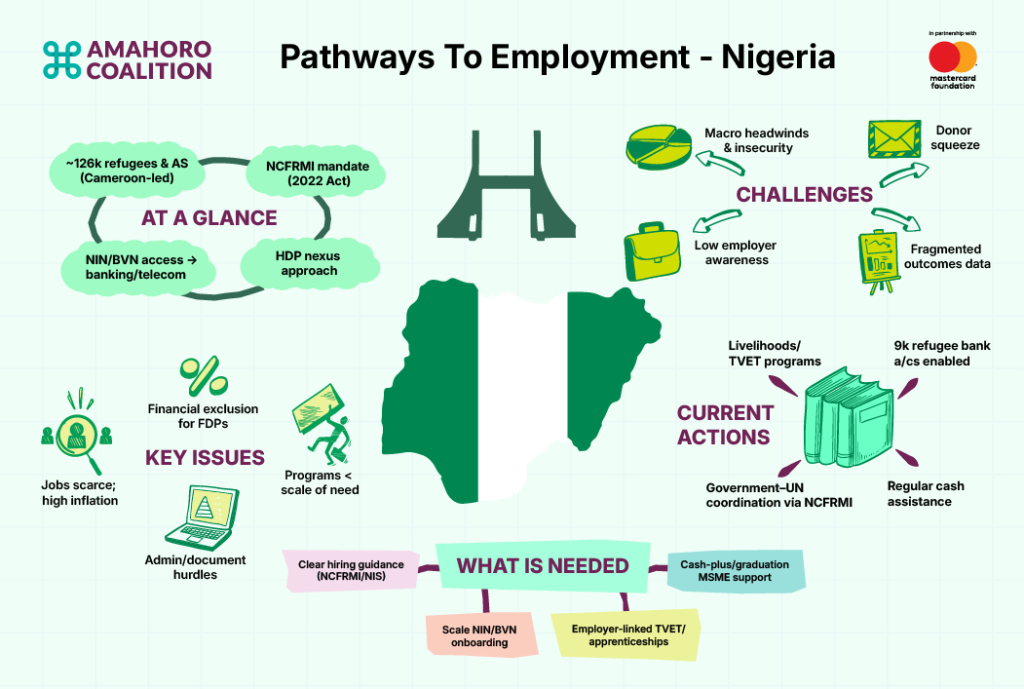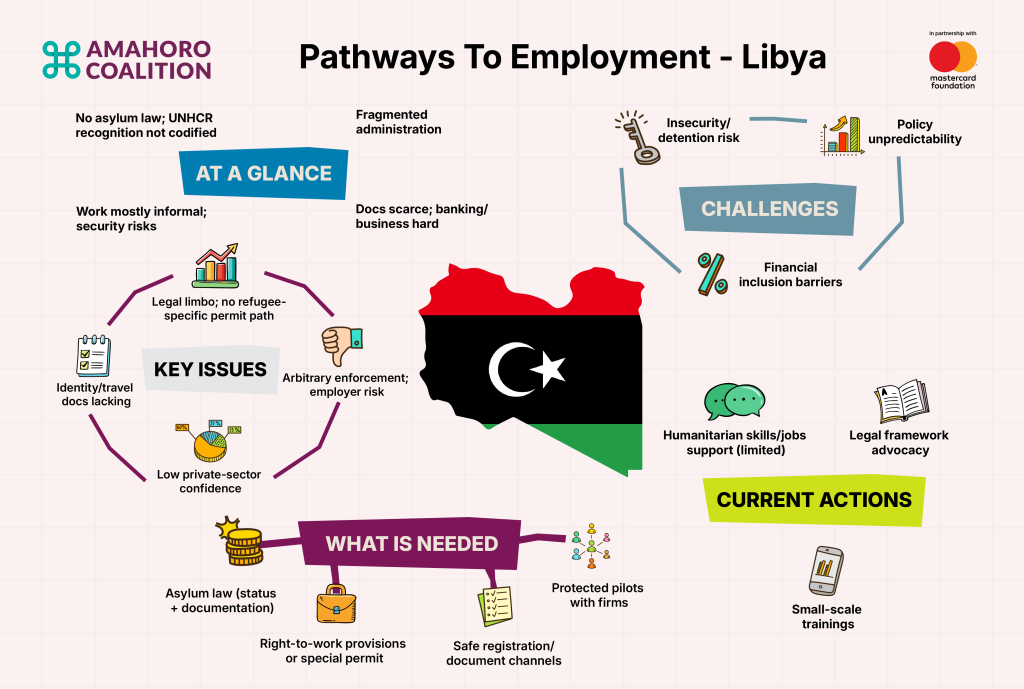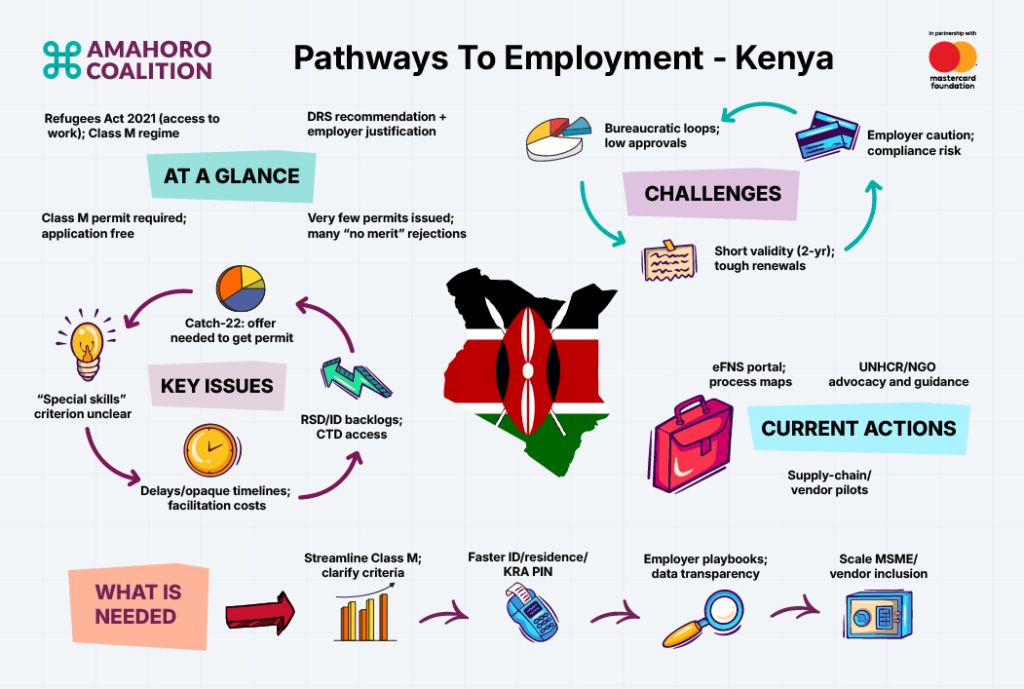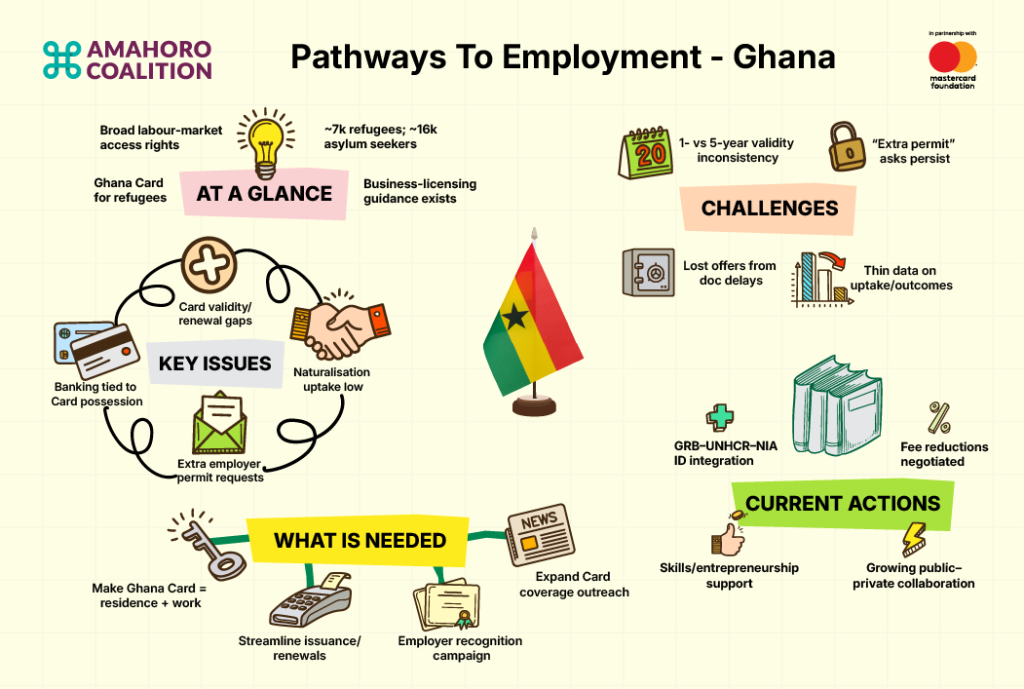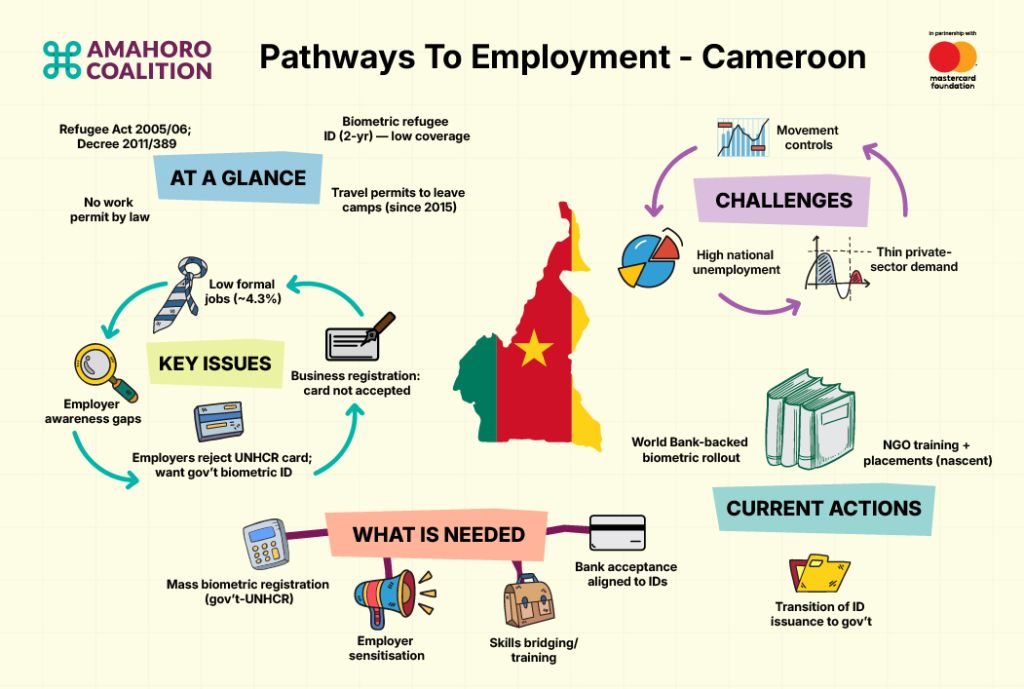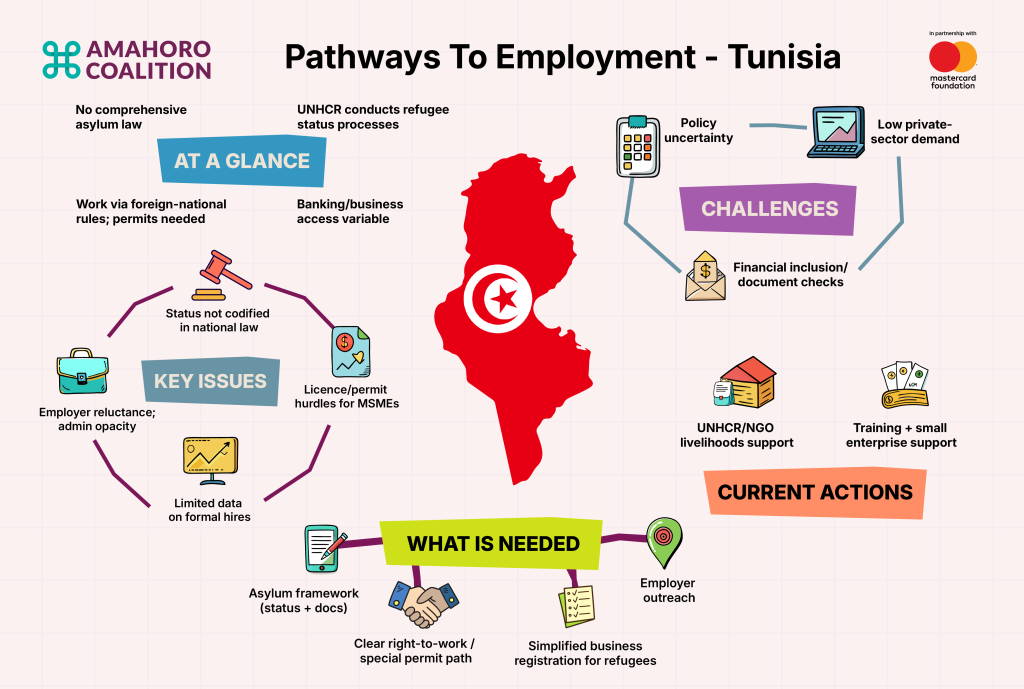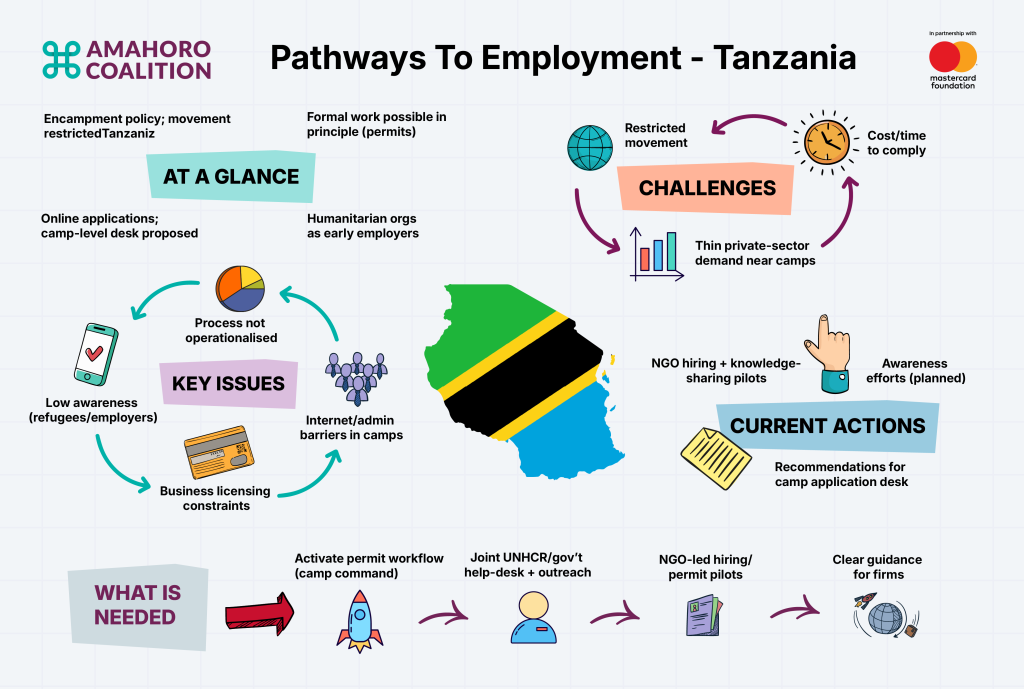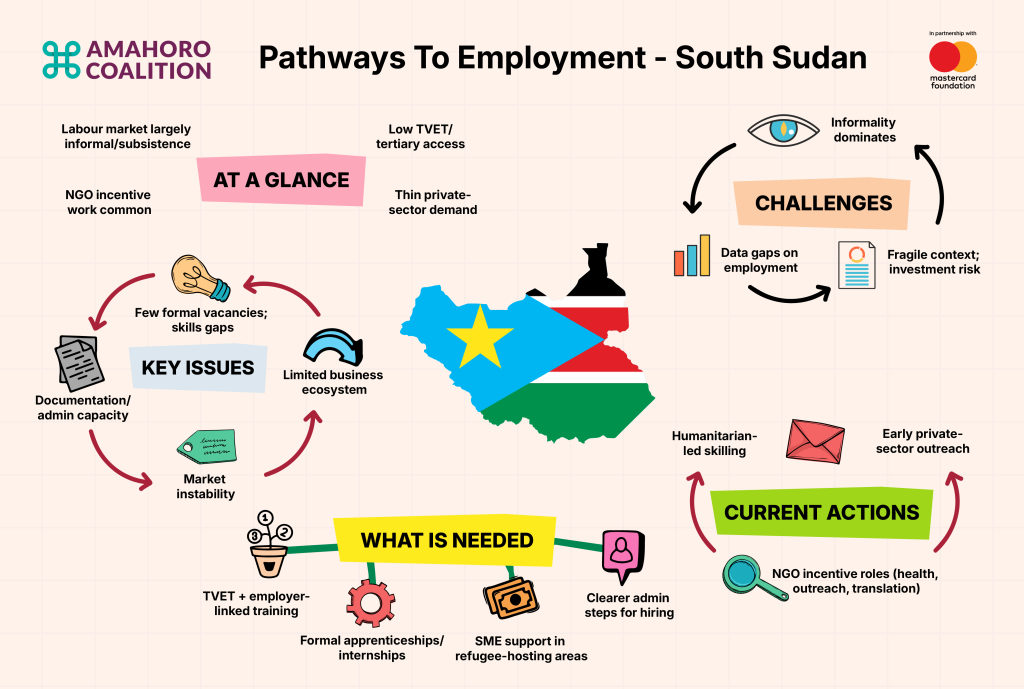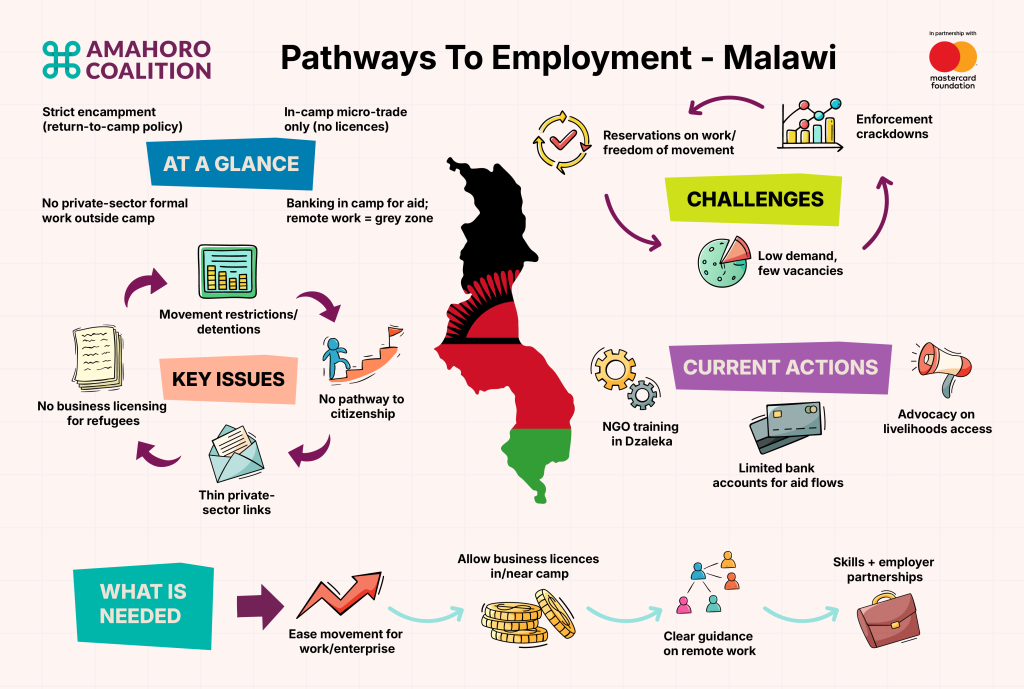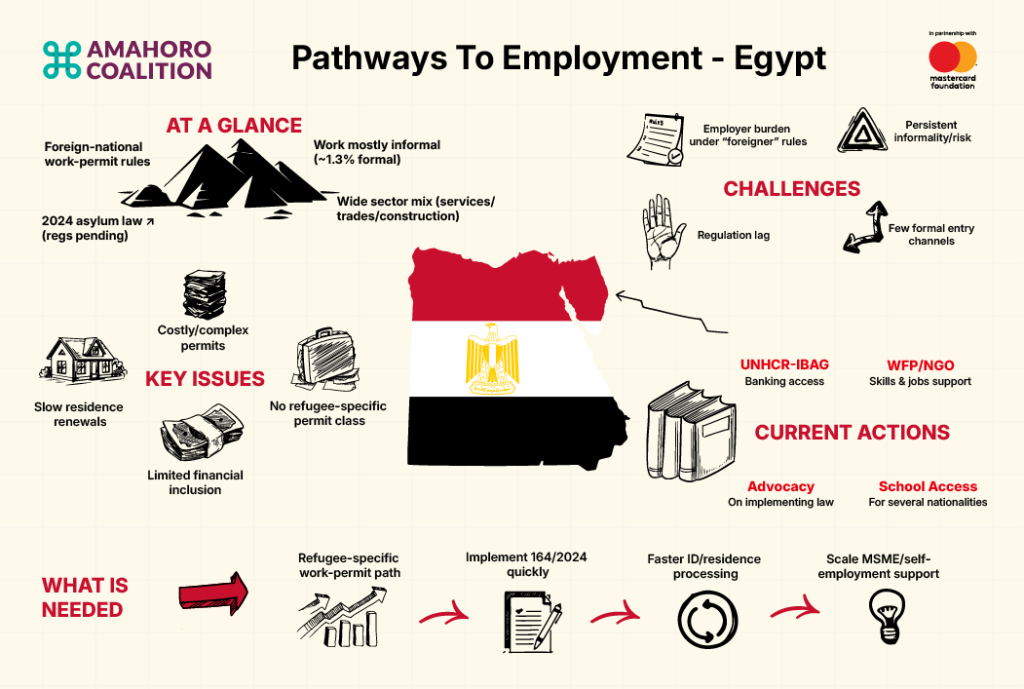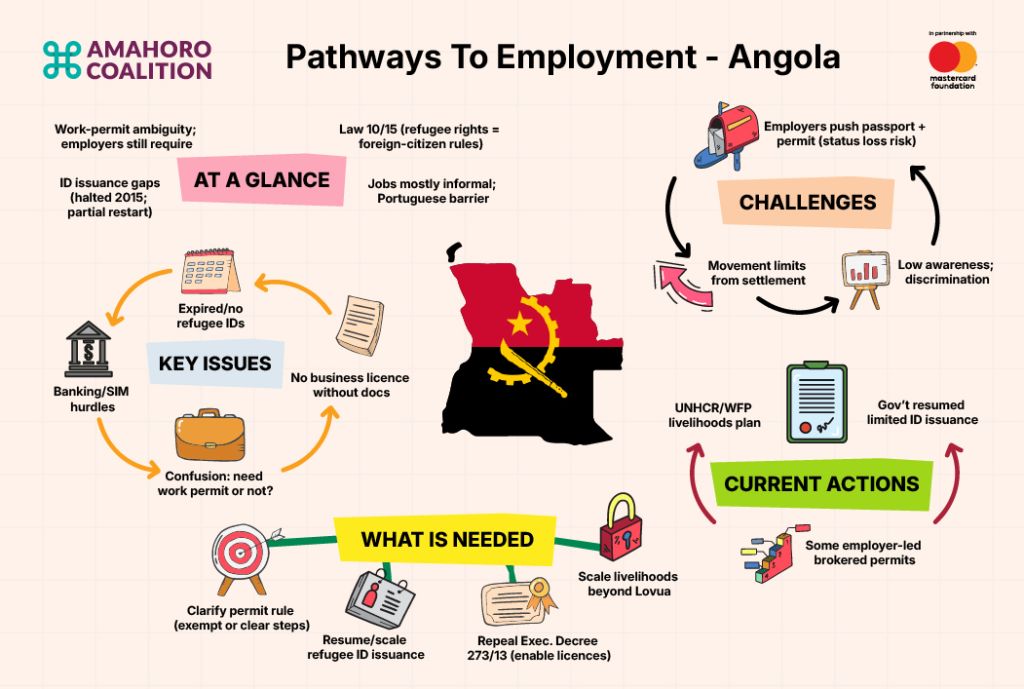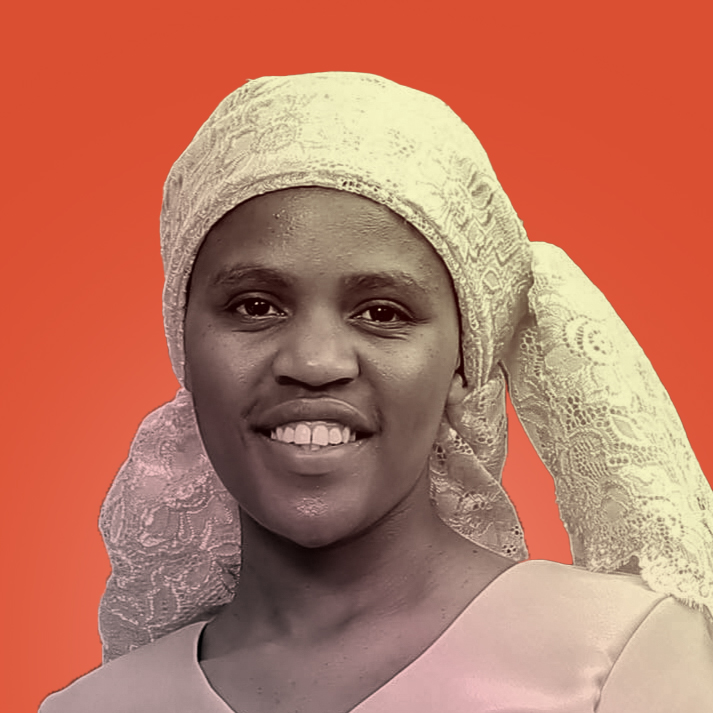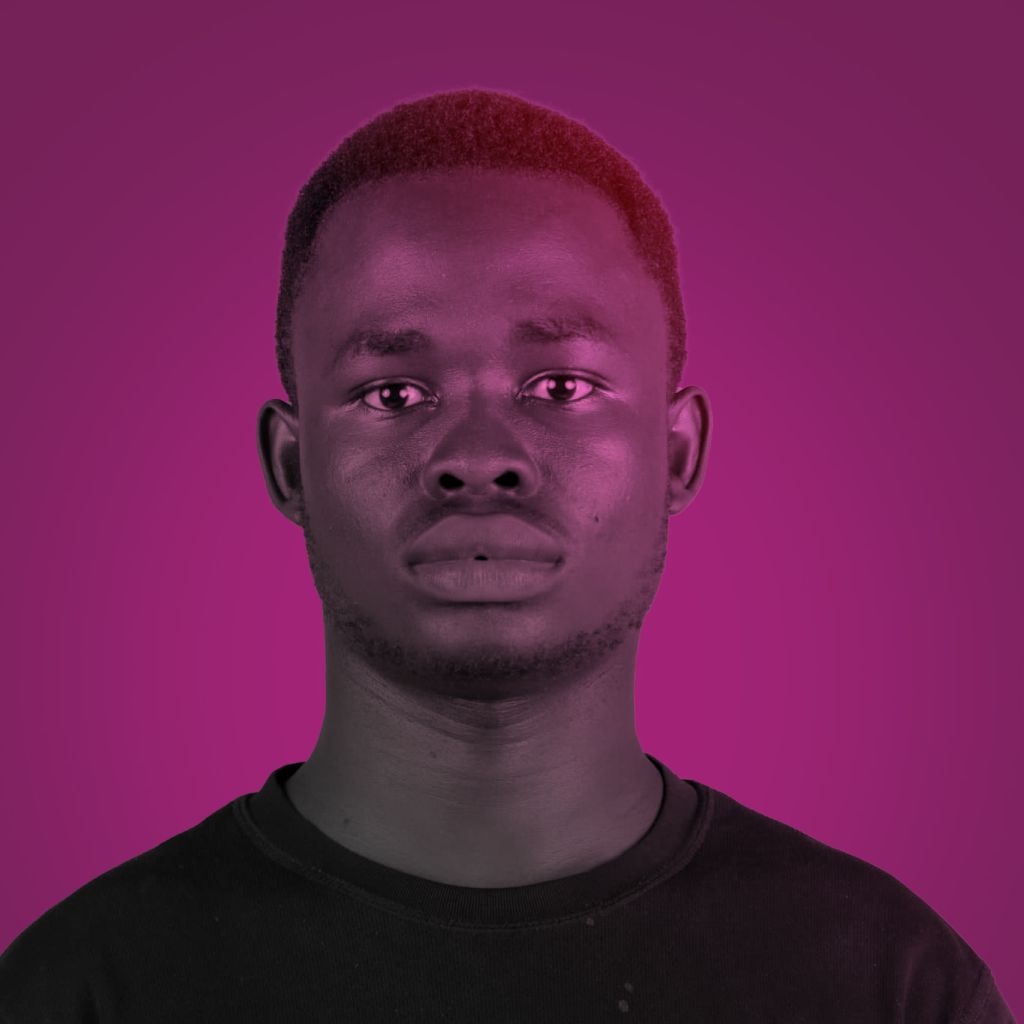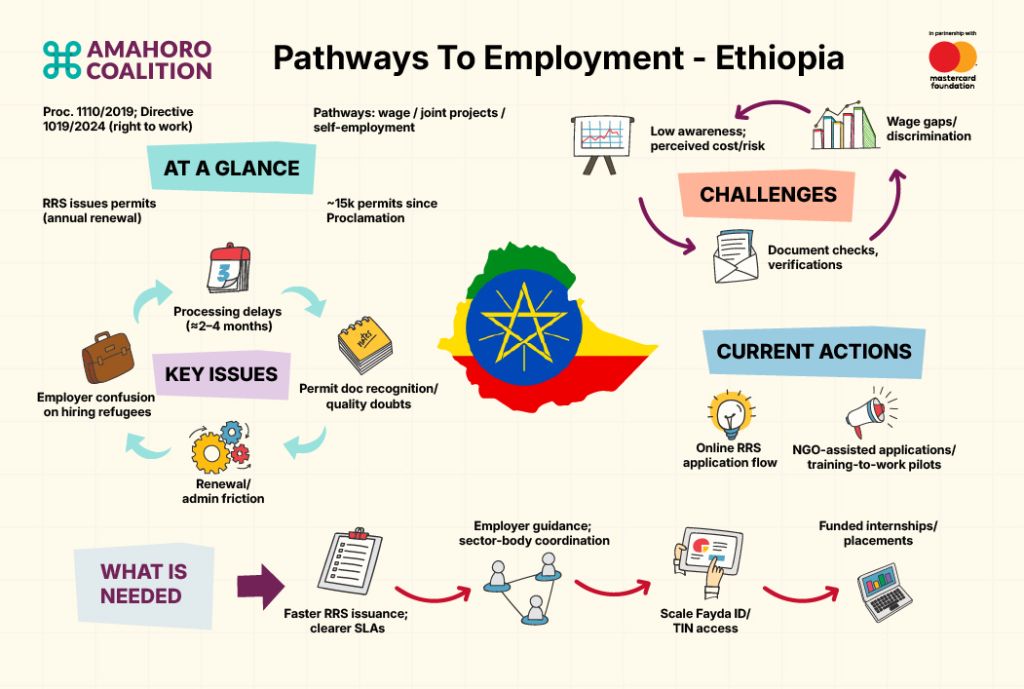
It’s a story that’s come full circle, but it starts with a fracture. At just six years old, Beza Firdu fled her native Ethiopia with her mother, escaping tribal disturbances to become refugees in South Africa. The new country was no easy refuge. Her mother, blocked from formal employment, hustled her way from selling sweets on the street to owning a shop. For Beza, life was a daily battle against language barriers that held her back a grade and the pain of being called a “queer query”—foreigner.
Despite it all, her mother’s mantra was unshakeable: education is the way out. Beza took that to heart, eventually enrolling for a master’s degree at the University of the Western Cape. Her own lived experience of navigating hostile systems, from university applications that demanded upfront payments to finding refugee-friendly banks, became a tool she used to help other newcomers in Cape Town.
But life had another turn in store. After her mother passed away and was buried back home, Beza returned to Ethiopia in late 2023. She came back to a country where the need was stark and impossible to ignore. “Most kids in Ethiopia are not sent to school with lunches,” Beza notes, seeing children trekking long distances to school on empty stomachs. With a national pass rate for Grade 12 students at a shocking 8%, she saw a direct line between hunger and a failing future.
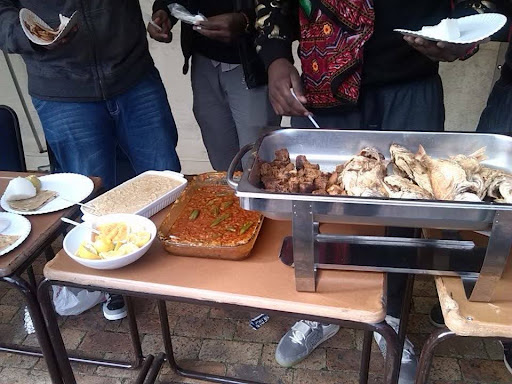
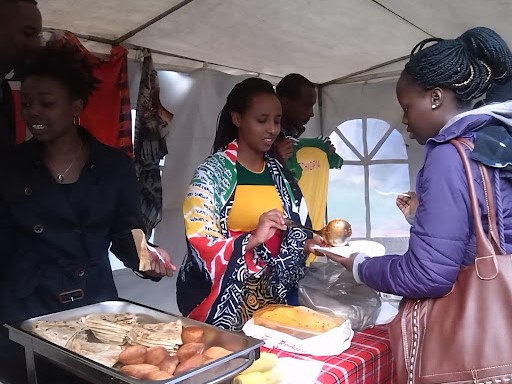
Most kids in Ethiopia are not sent to school with lunches.
Beza Firdu
Lunchbox for Ethiopia, started in early 2024, the initiative provides nutritional meals to students to help them focus in class. Today, Beza’s program feeds 390 students across two schools in Addis Ababa, five days a week. She strategically targets Grade 10 and 12 students, critical years with high-stakes exams that determine their entire academic future.
The project wasn’t an instant success. Initially, only about 20 students showed up. The roadblock wasn’t logistics; it was pride. “There’s cultural norms… nobody wants to be seen as in need, basically,” Beza explains. Accepting food felt like an admission of being “less than.” But slowly, as the lunch distribution became a “social gathering,” the numbers swelled.
That growth has been powered by sheer resourcefulness. The $400 monthly stipend from the Amahoro Coalition fellowship has been a lifeline, allowing Beza to buy food in bulk and reach more kids. She’s also forged partnerships with local suppliers who sometimes donate food, building a sustainable local network.
There’s cultural norms… nobody wants to be seen as in need, basically.
Beza Firdu
For Beza, success isn’t just about handing out meals. It’s about measurable impact: increased student attendance and higher pass rates. The ultimate goal is to scale the venture across the country. And she’s already thinking about the next big step. In a collaboration with fellow Amahoro innovator Esther, Beza is developing a packaged, nutrient-dense, long-lasting food product. Think of it as a quick, effective paste that’s easy to distribute and could even be sold in shops to create a sustainable income stream for the program.
From a six-year-old refugee who knew hunger and hardship, Beza is building a legacy, one lunchbox at a time. “I want to make a difference,” she says simply. In classrooms across Addis Ababa, 390 students can already taste the change.
